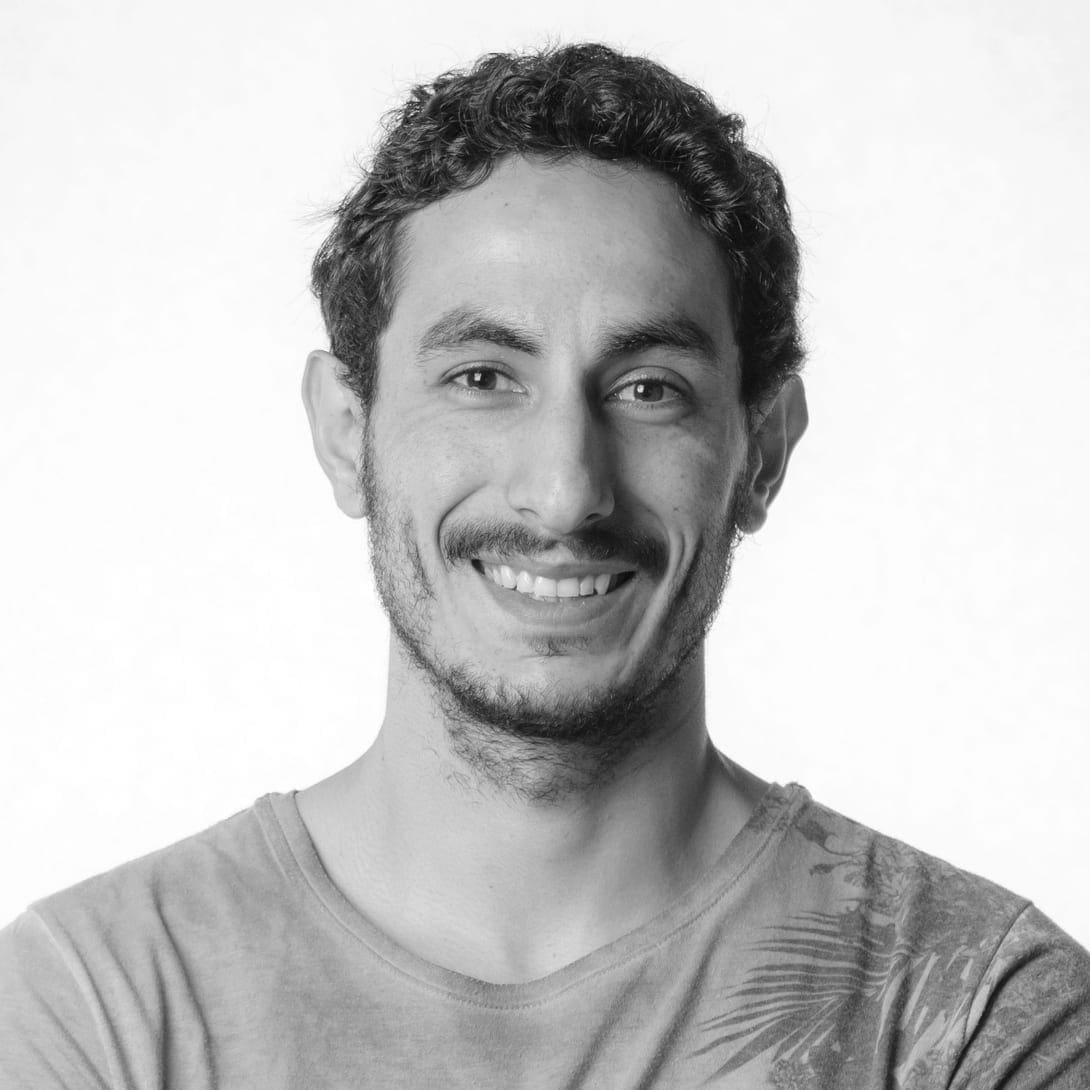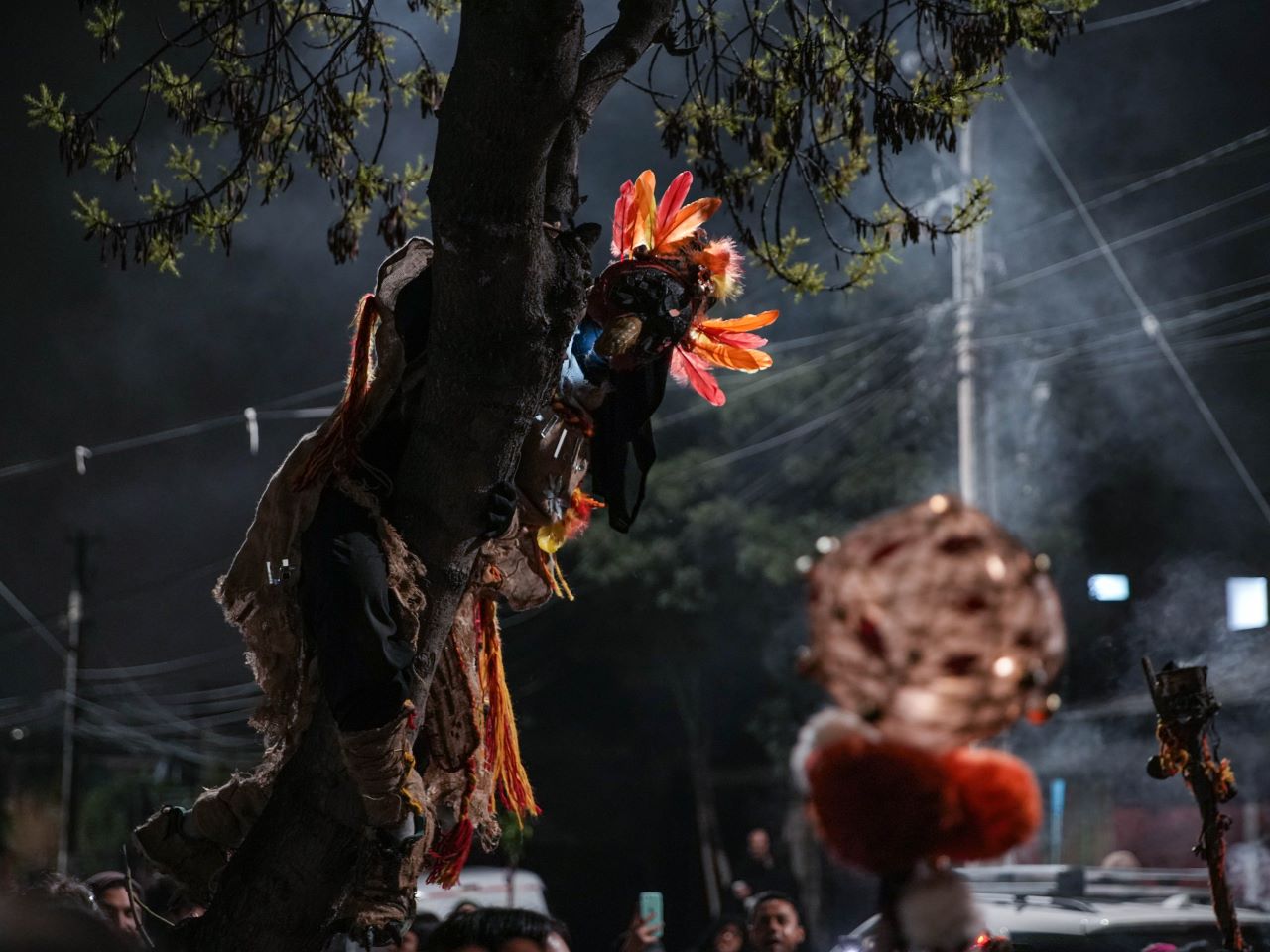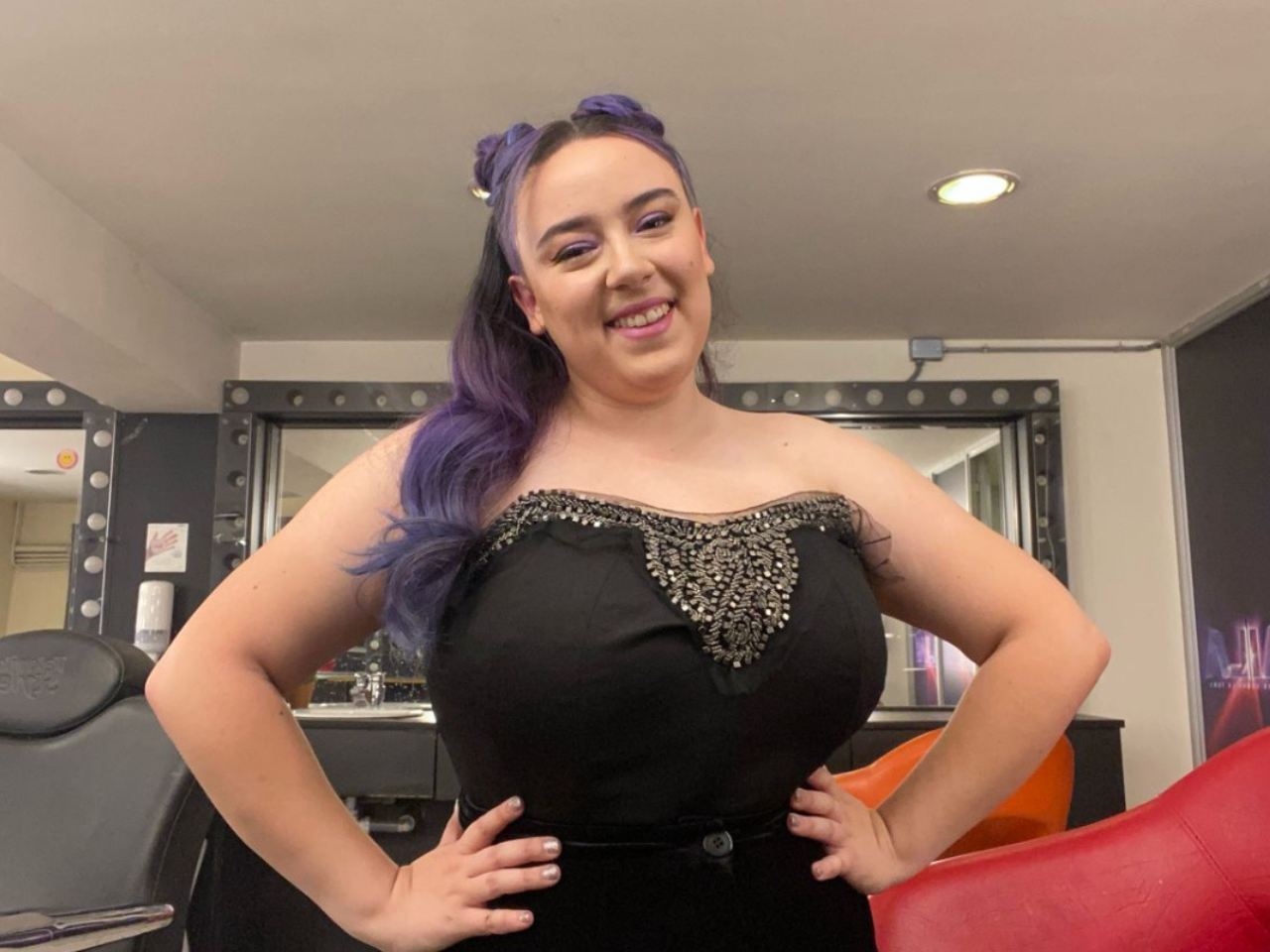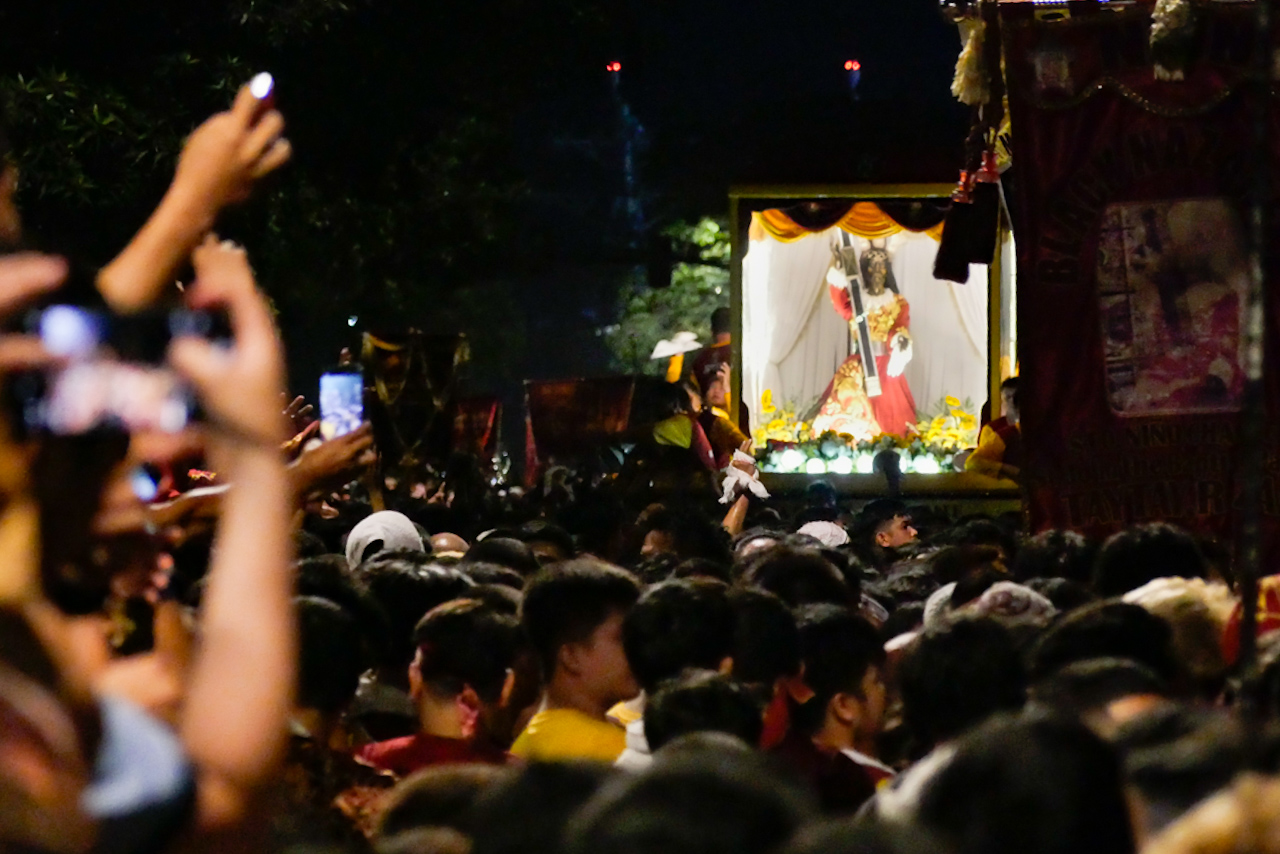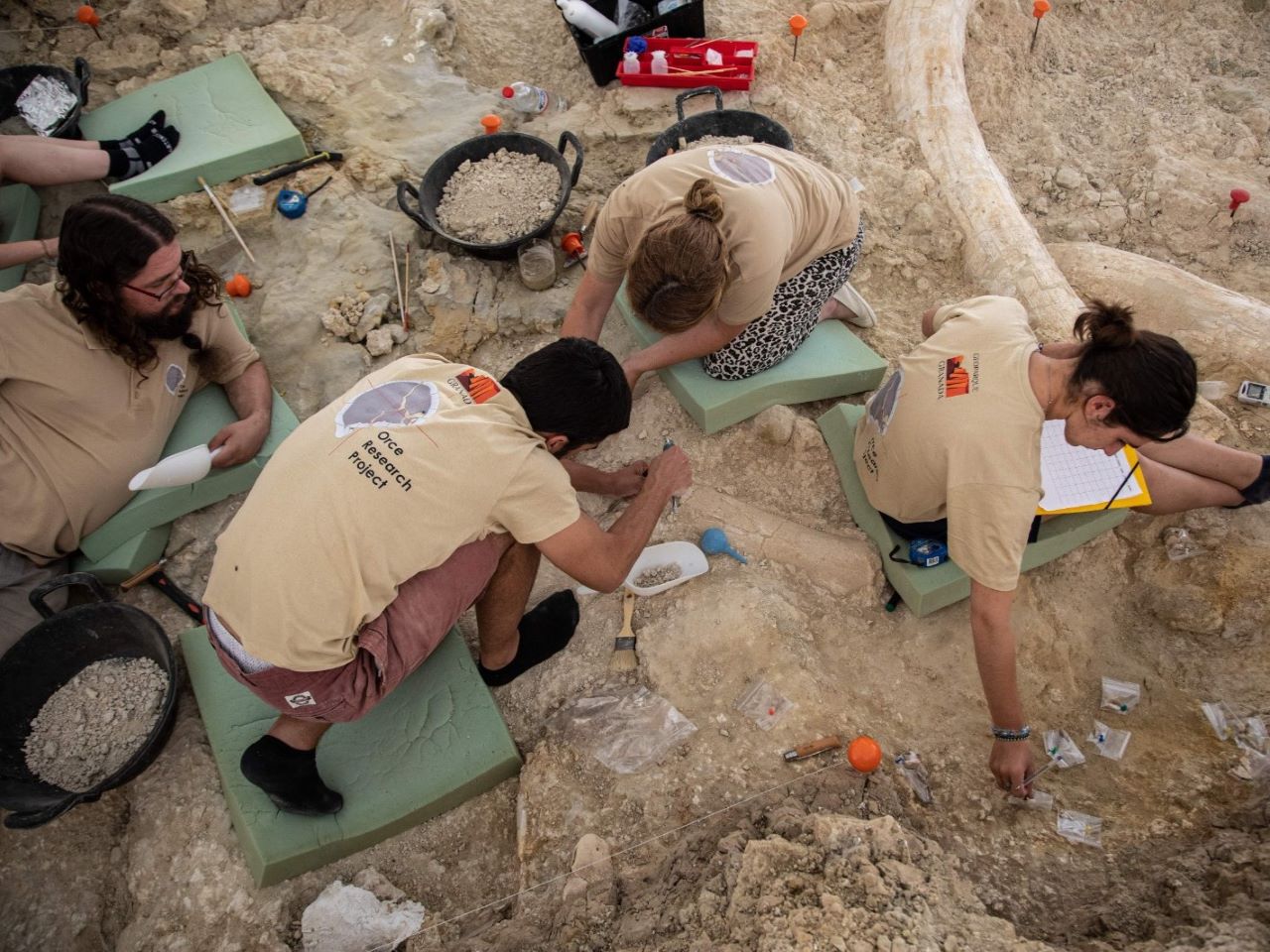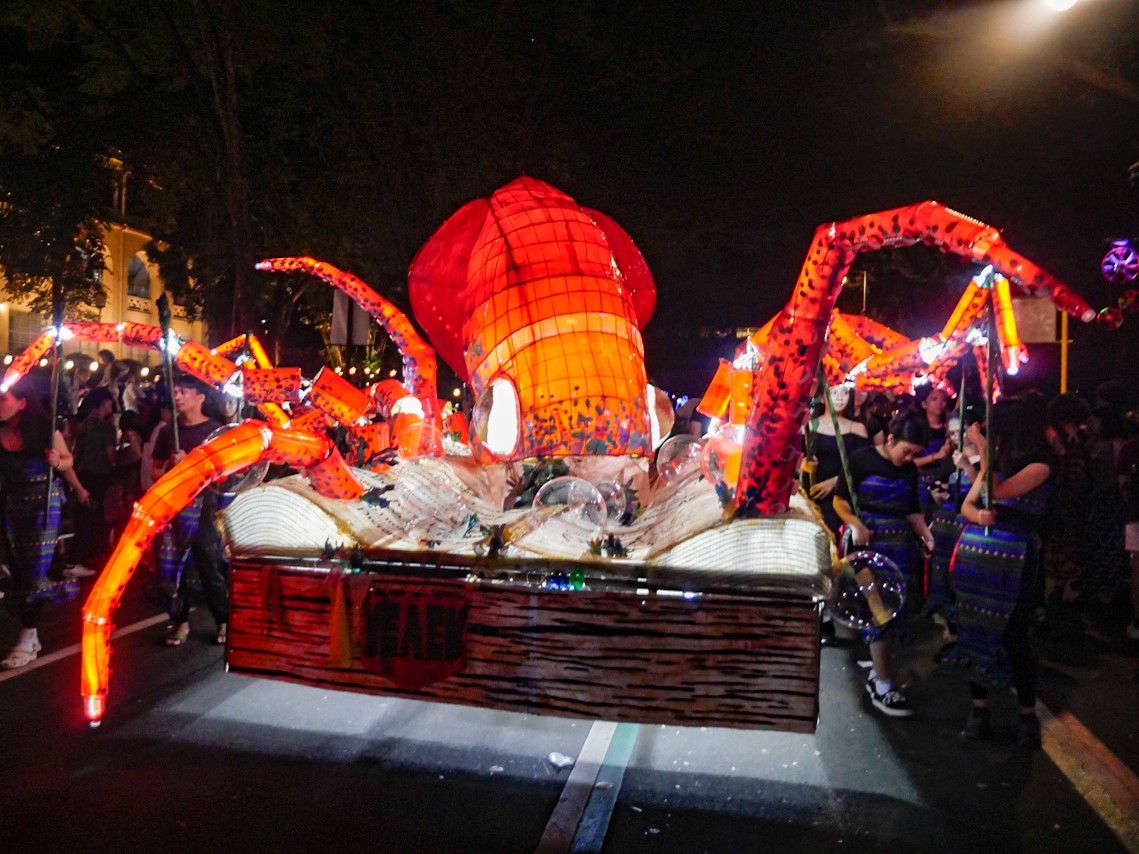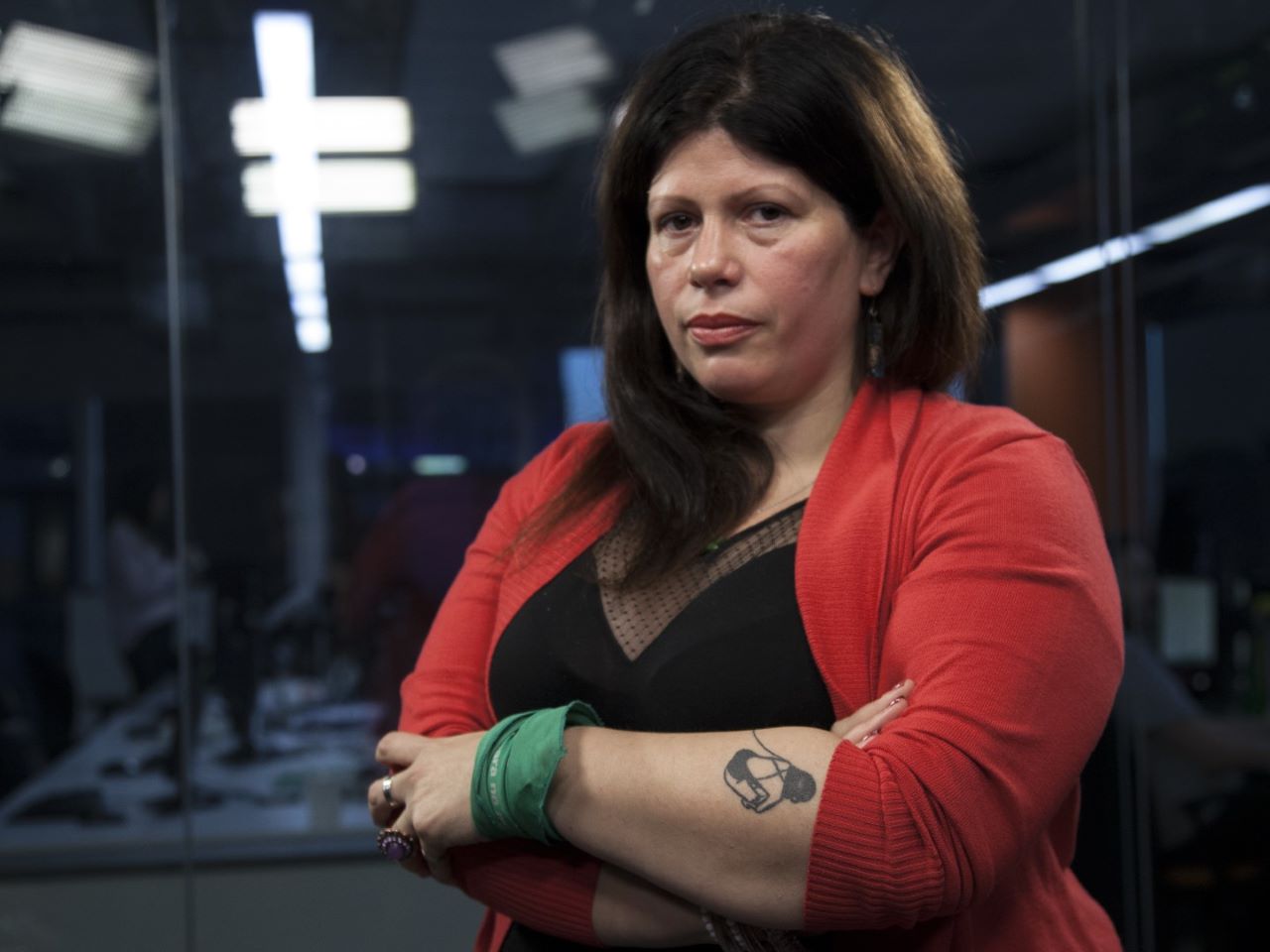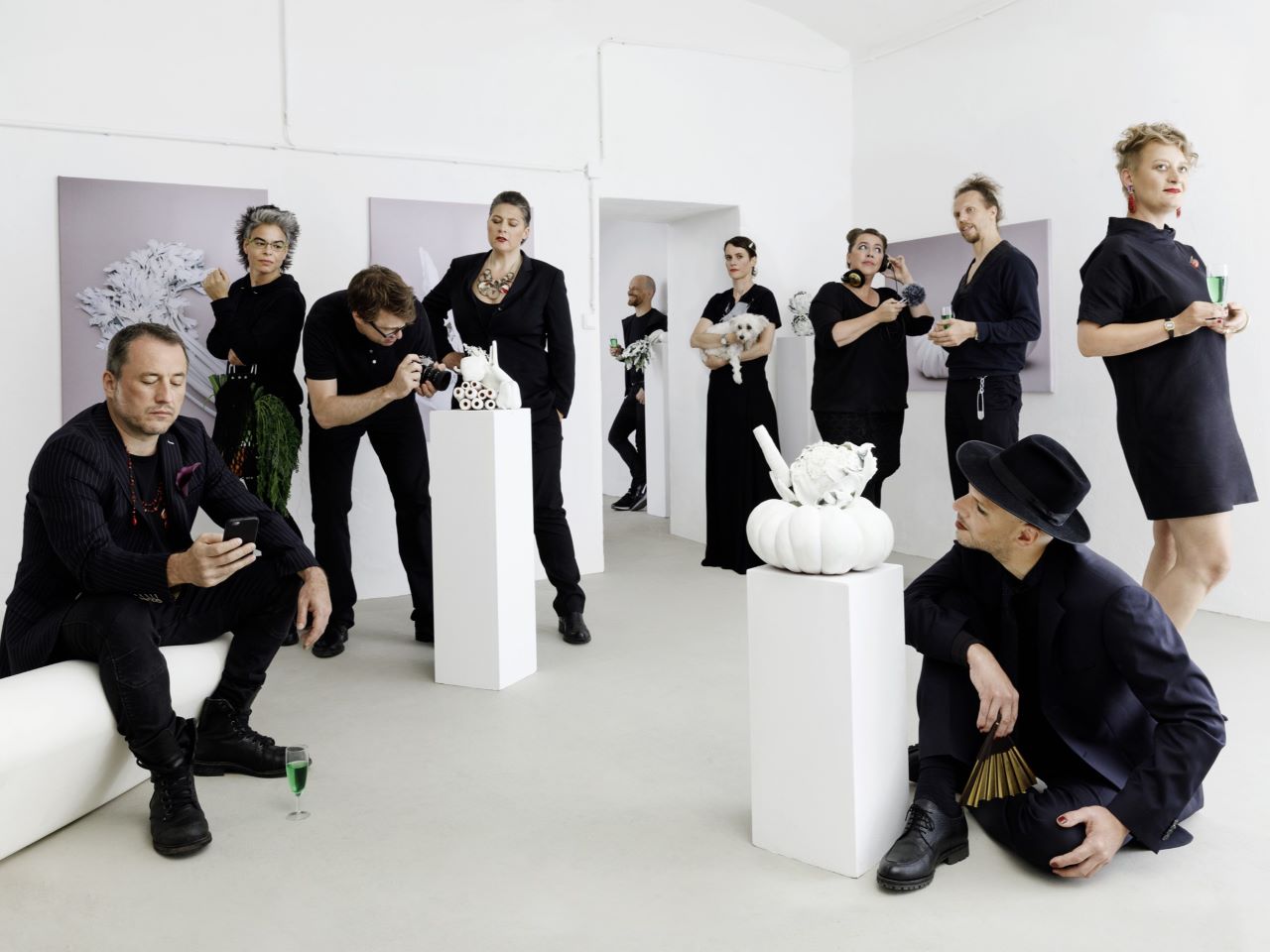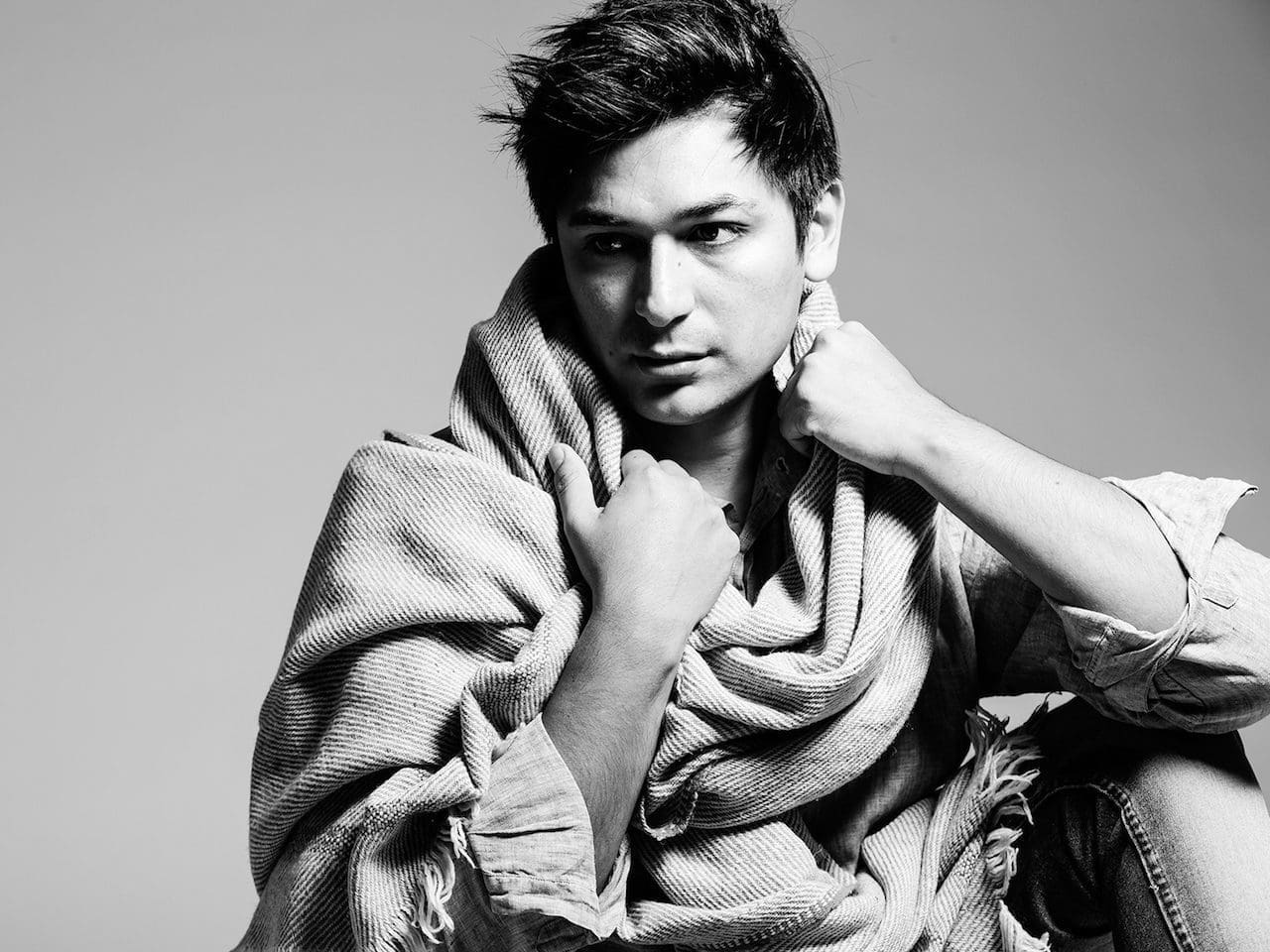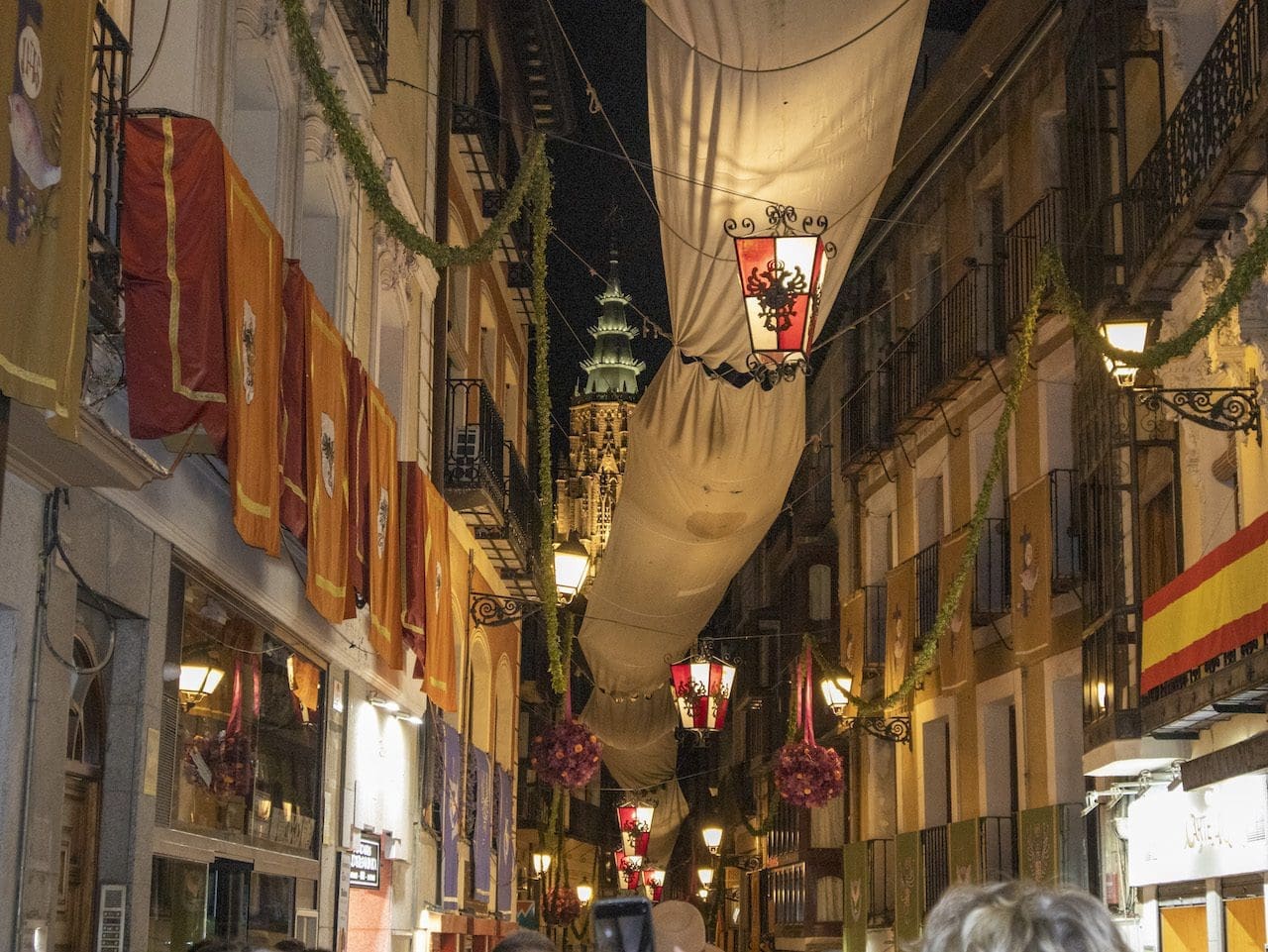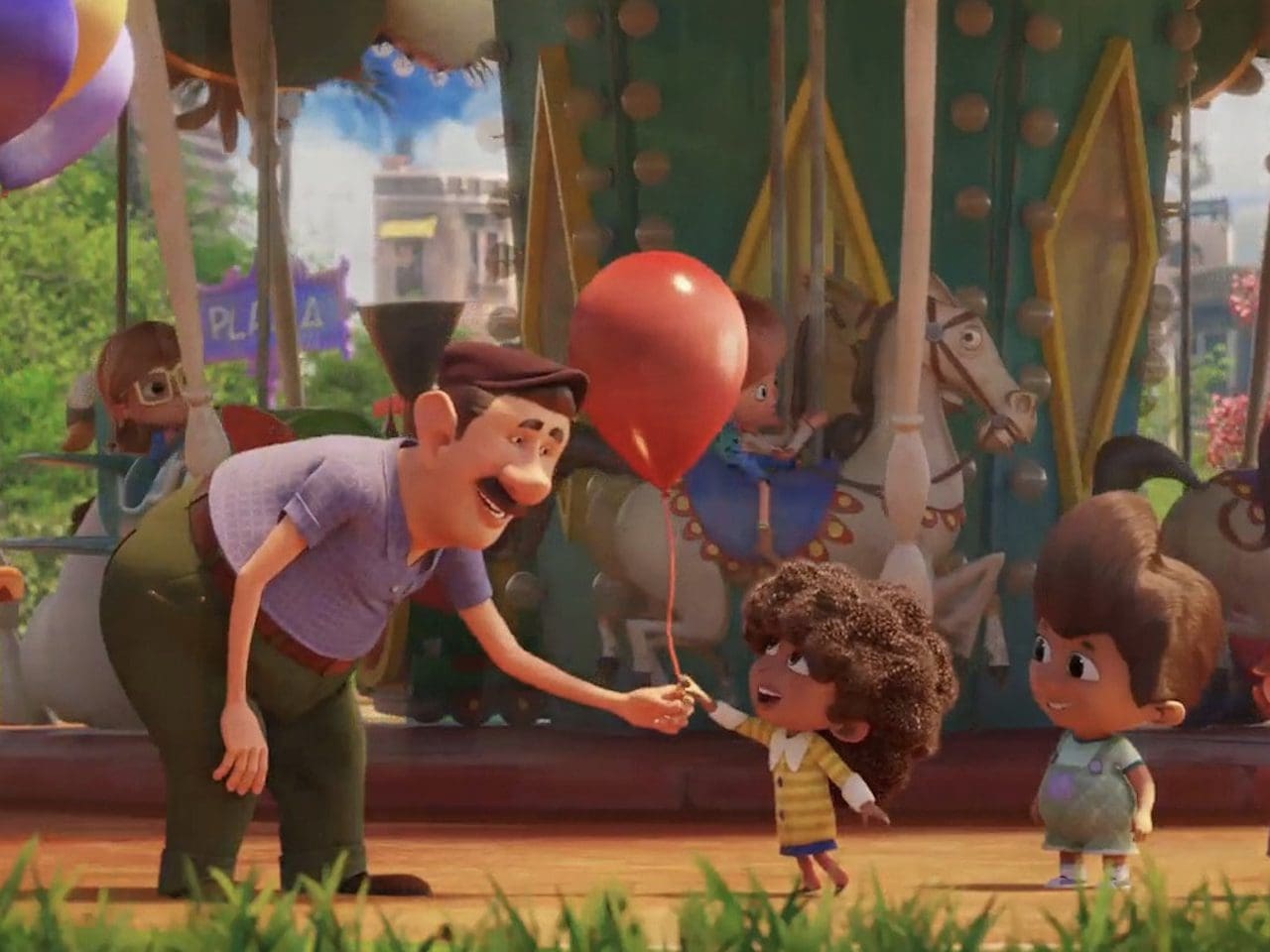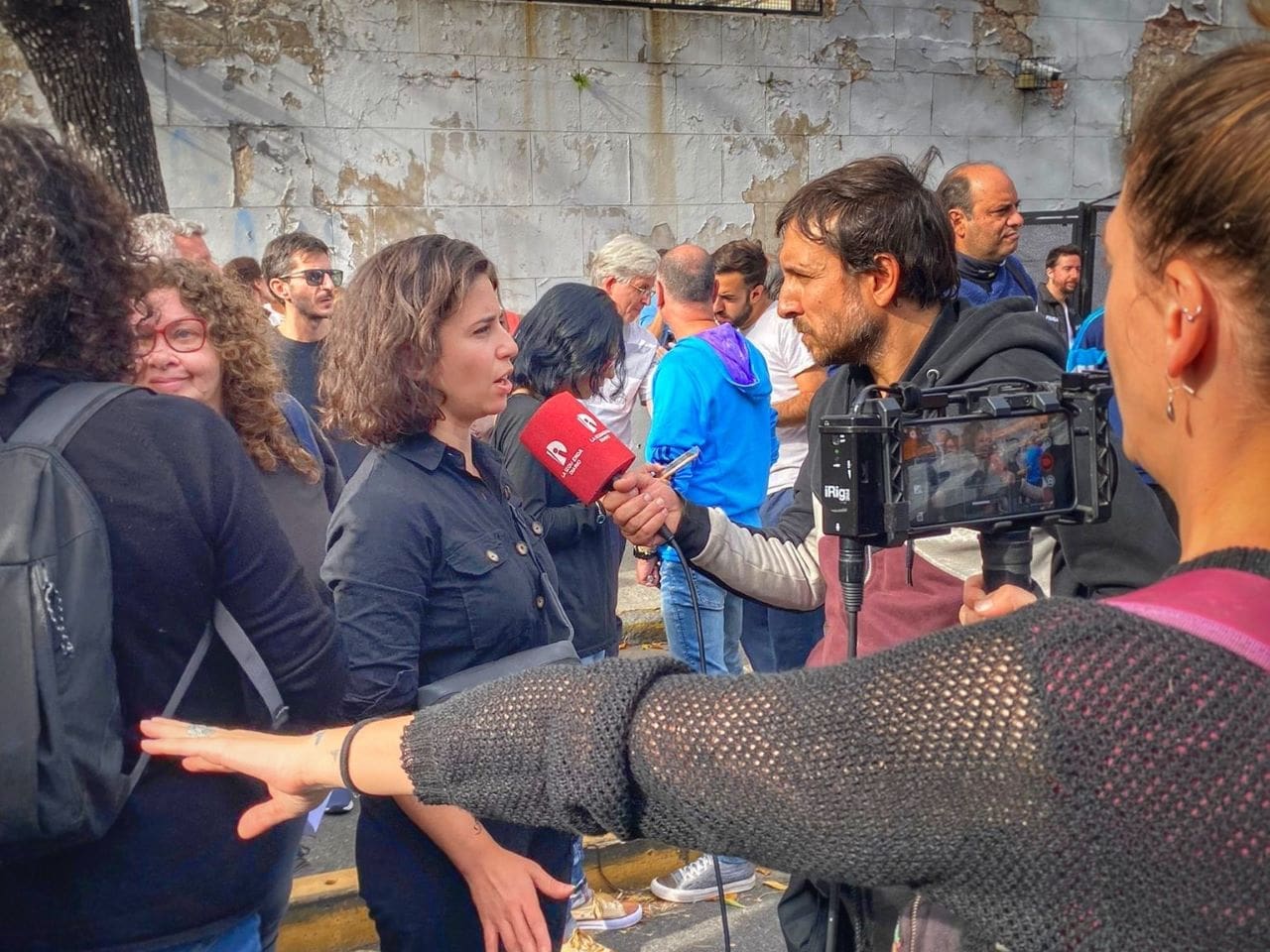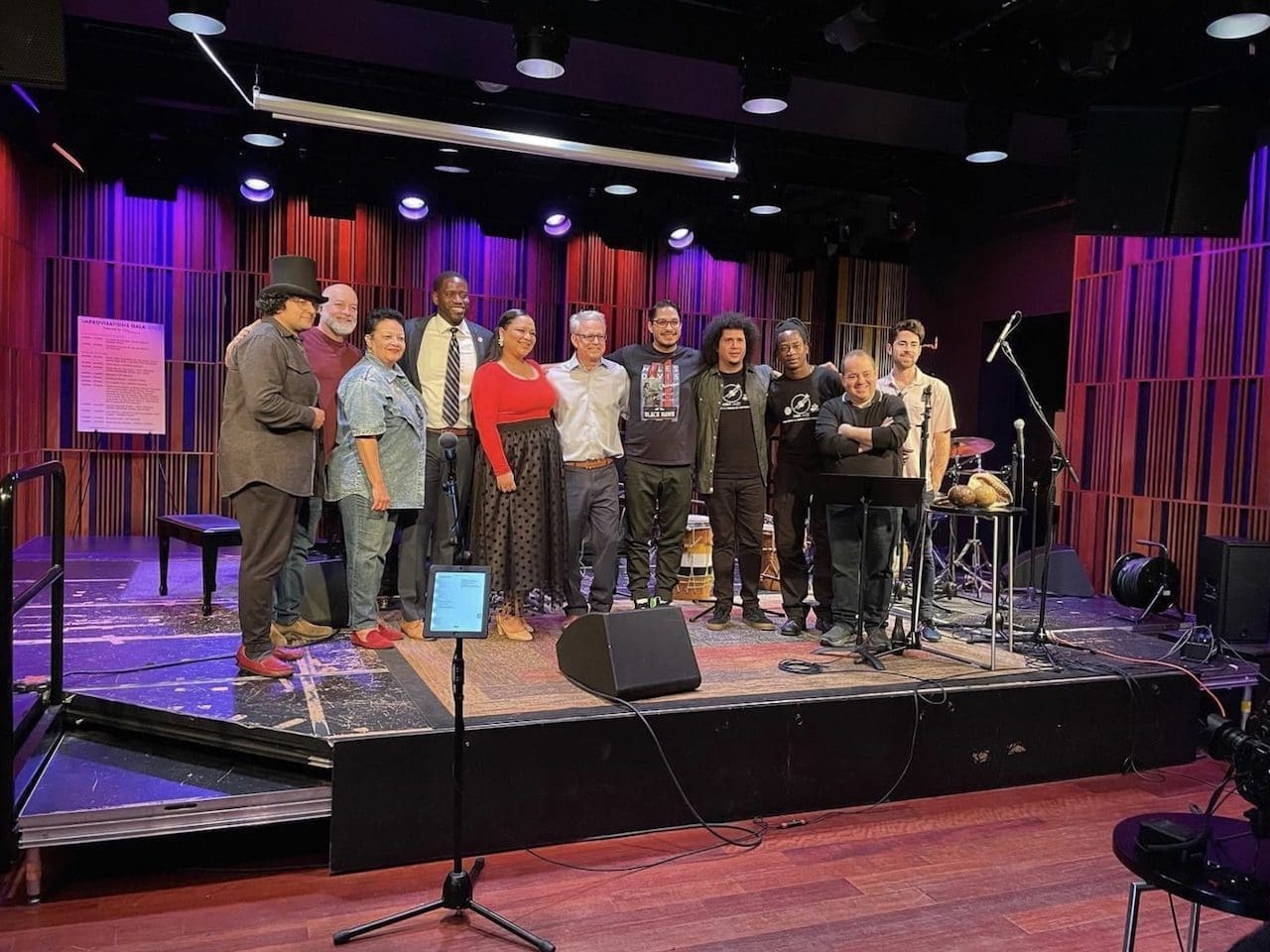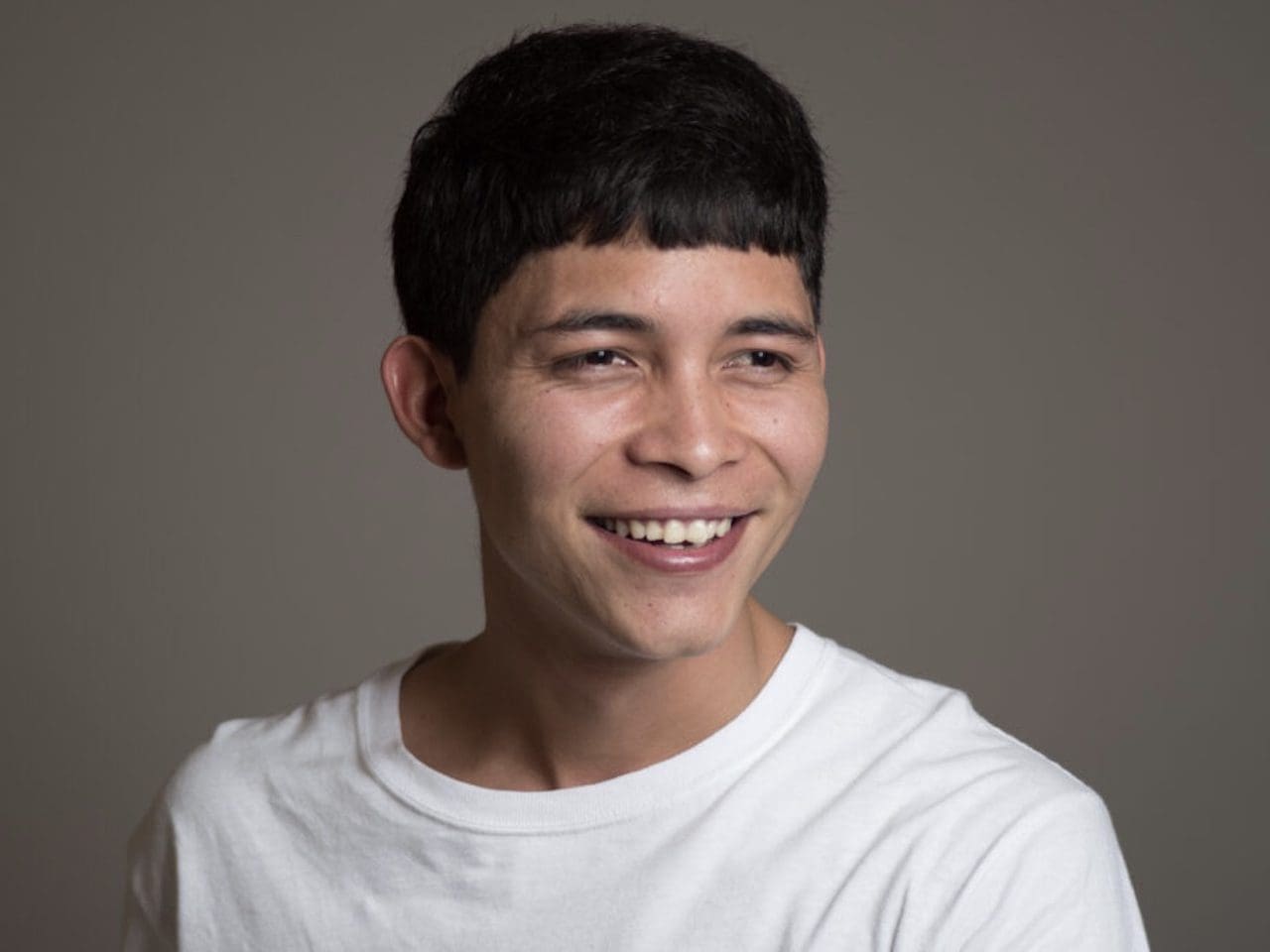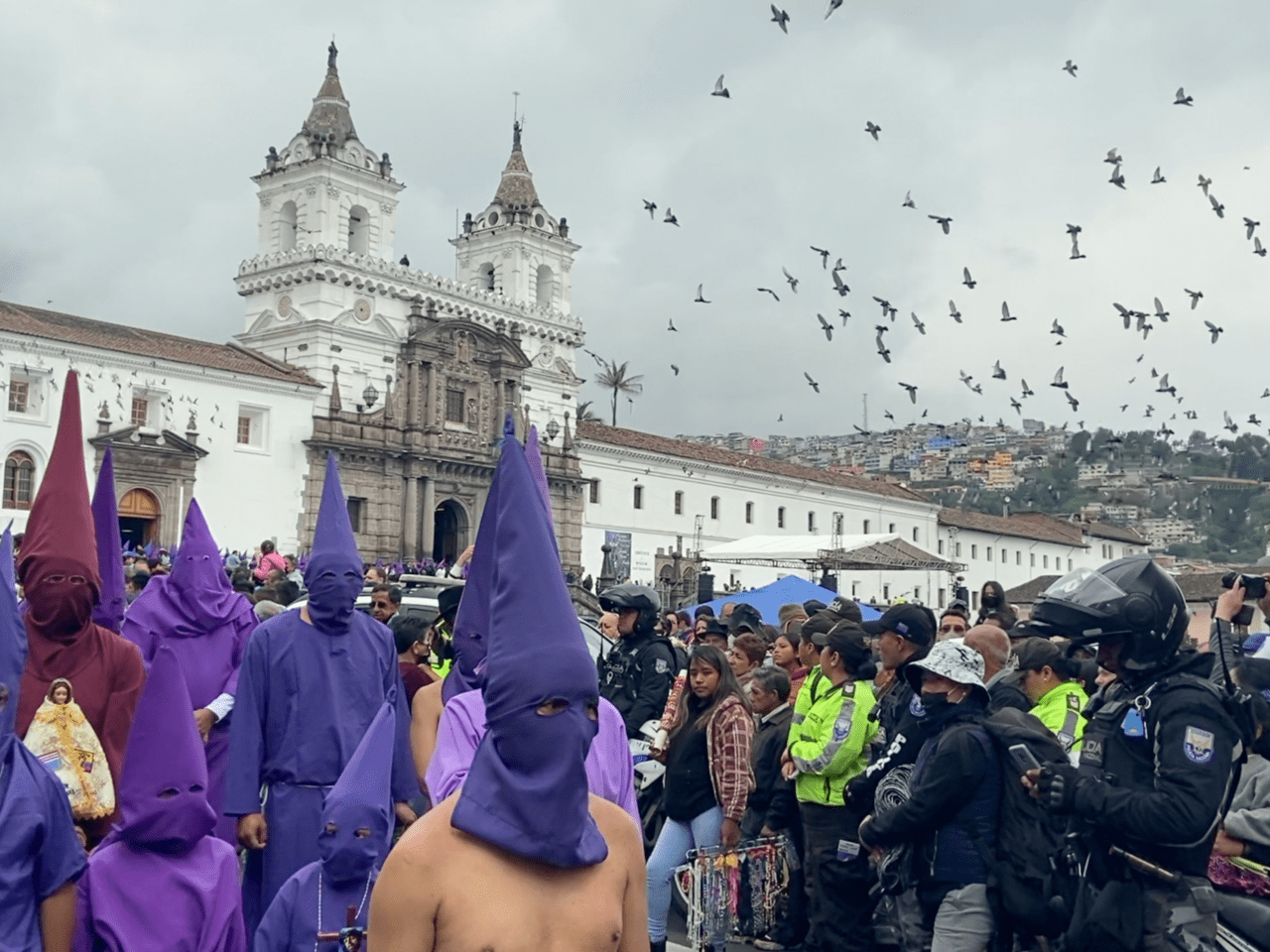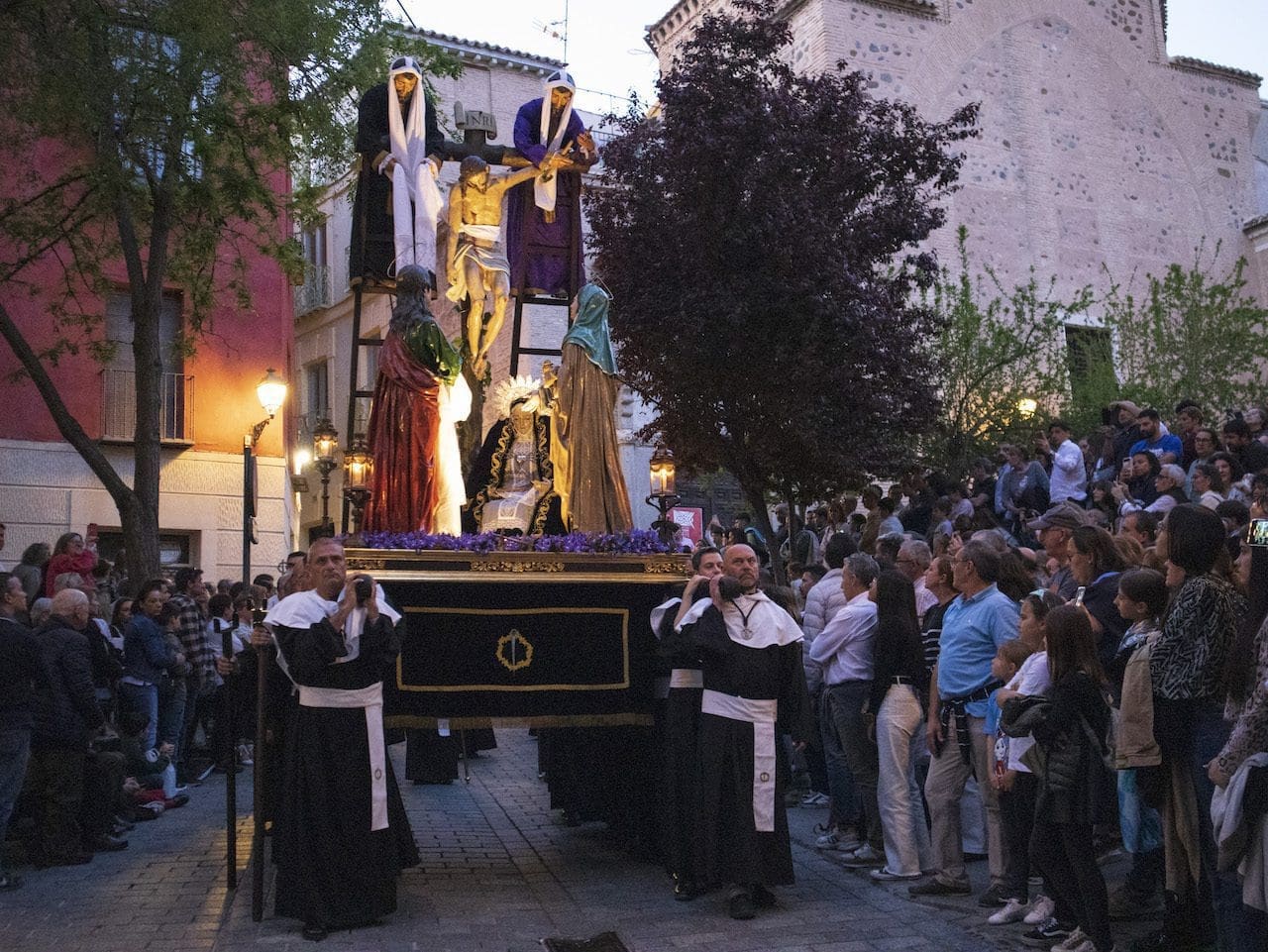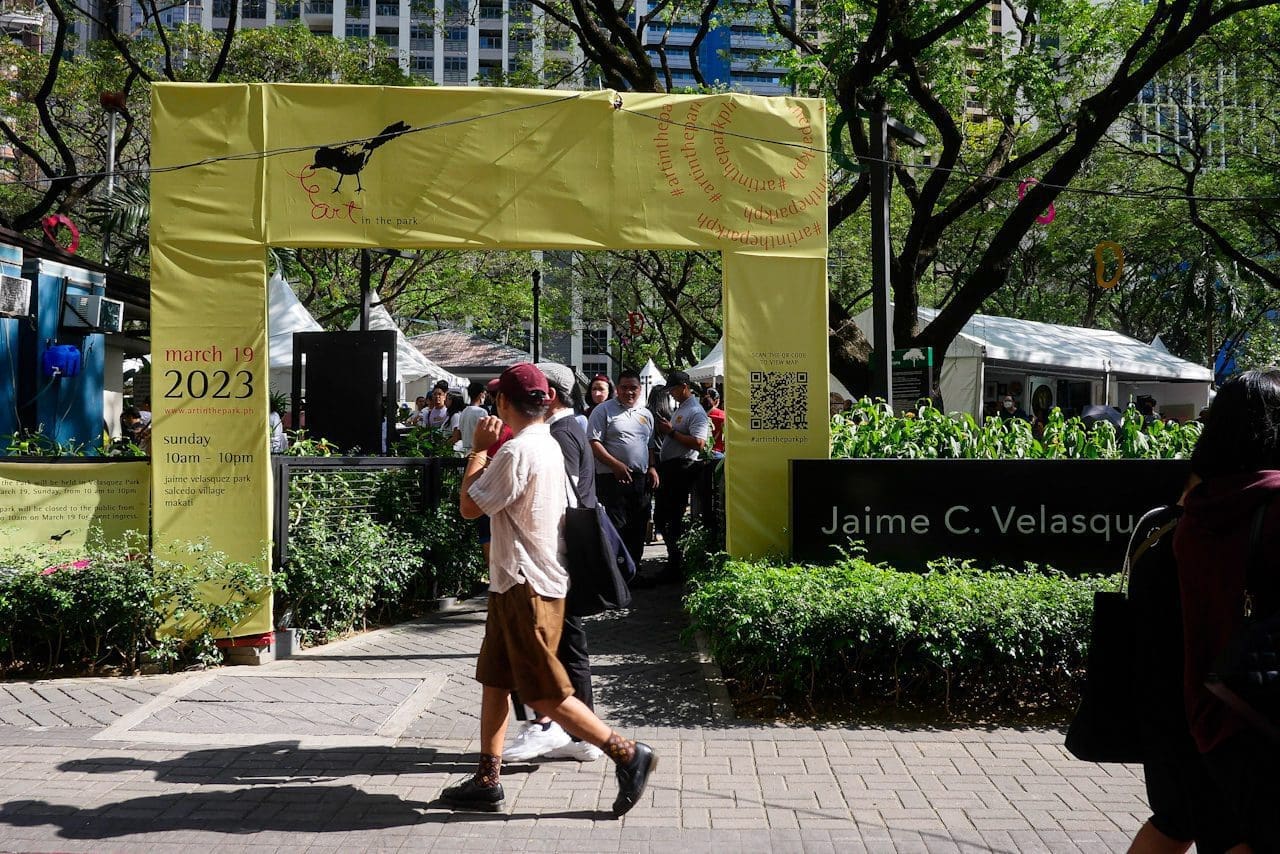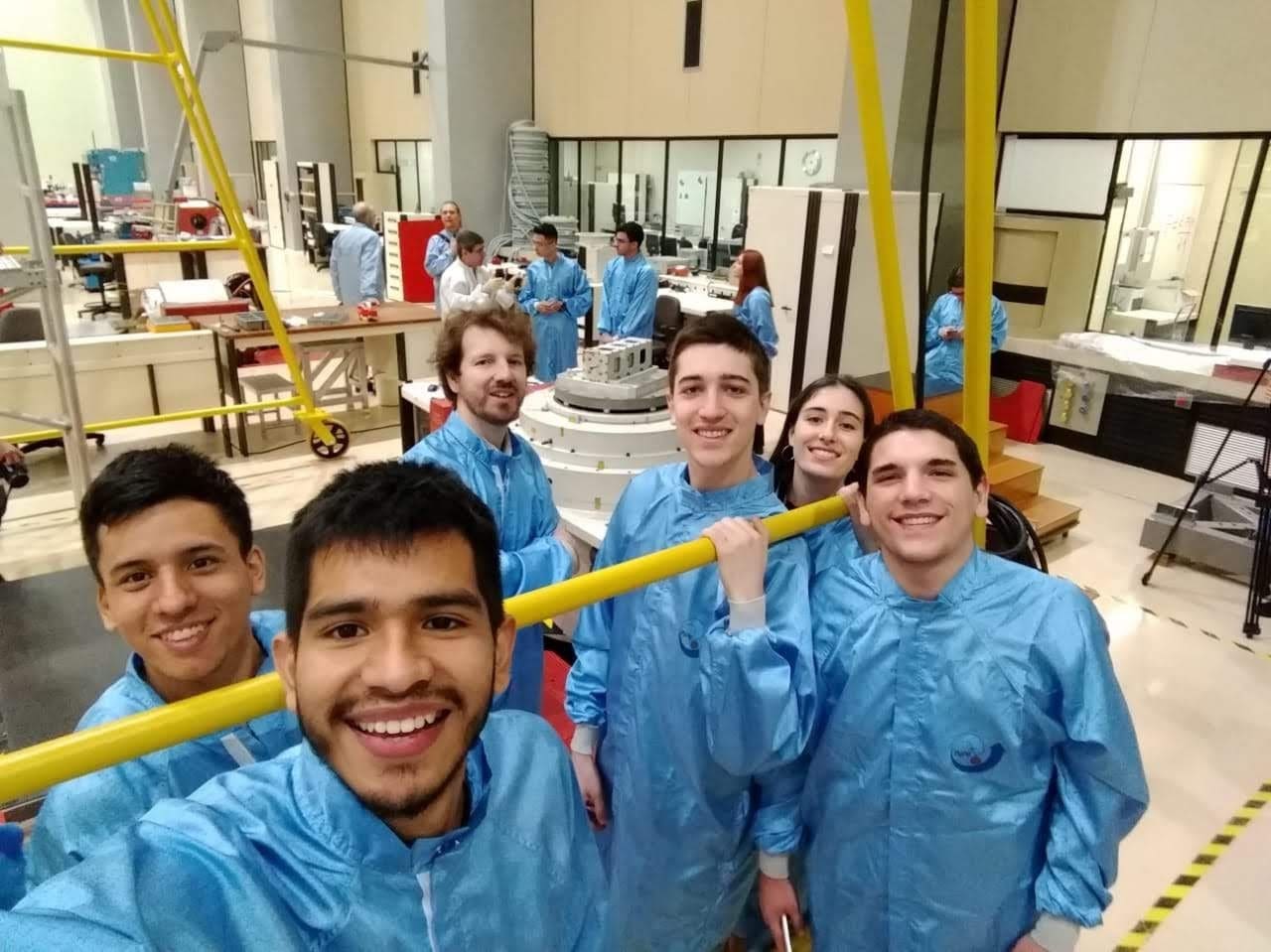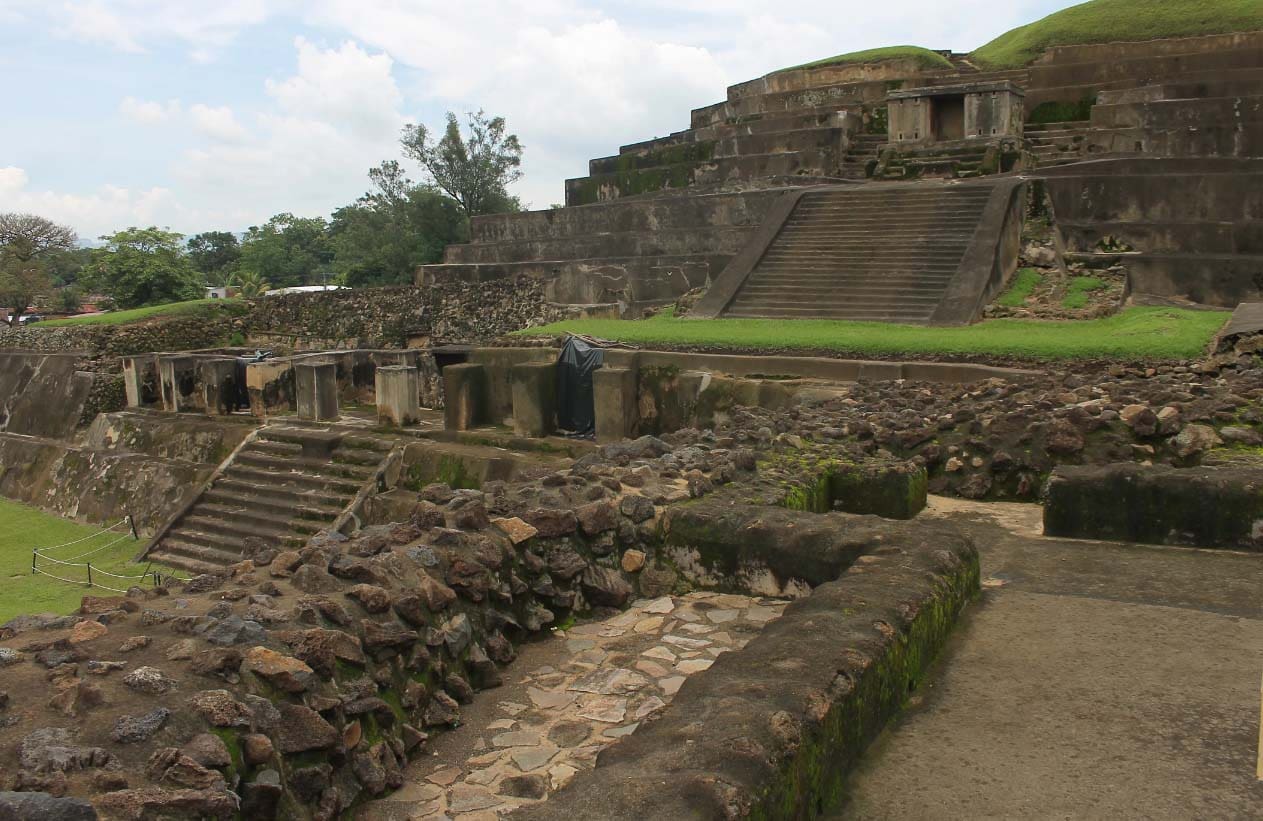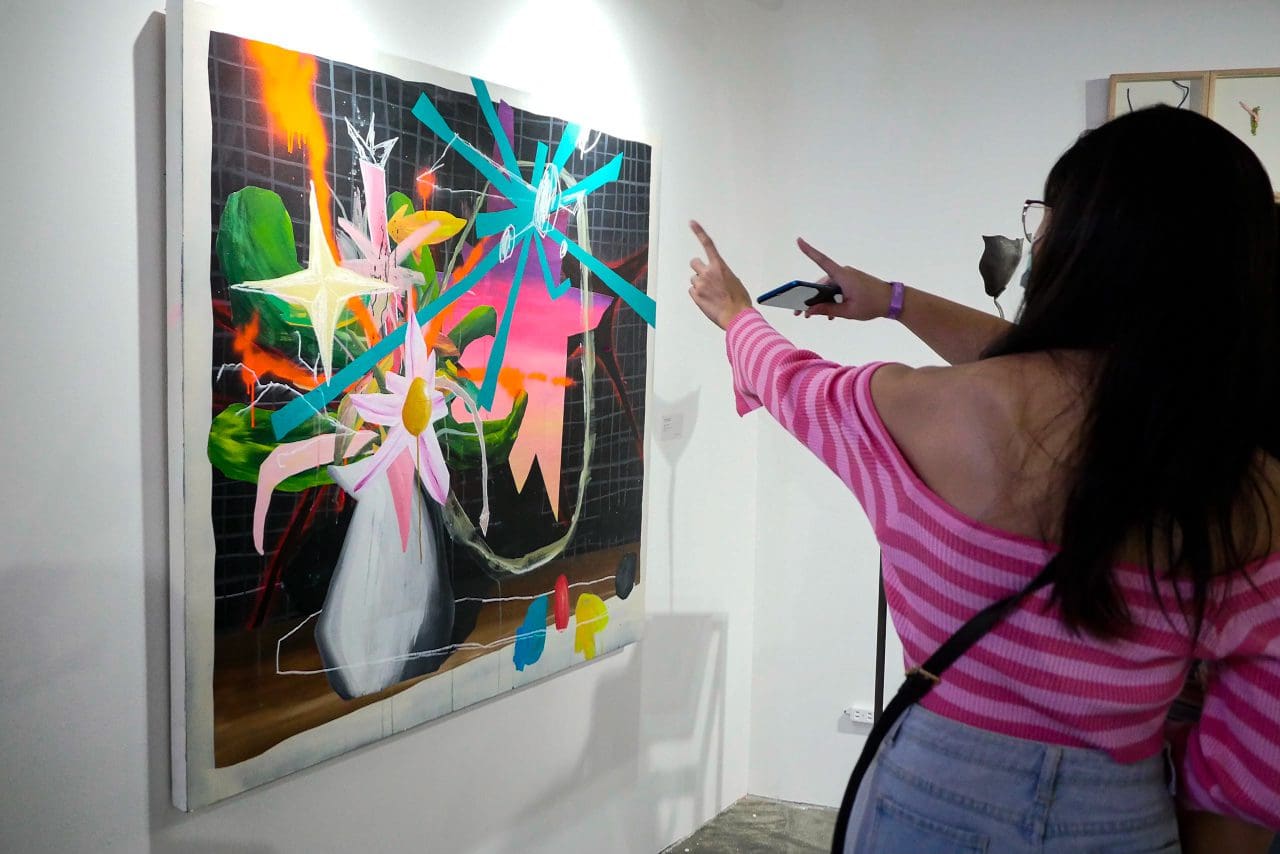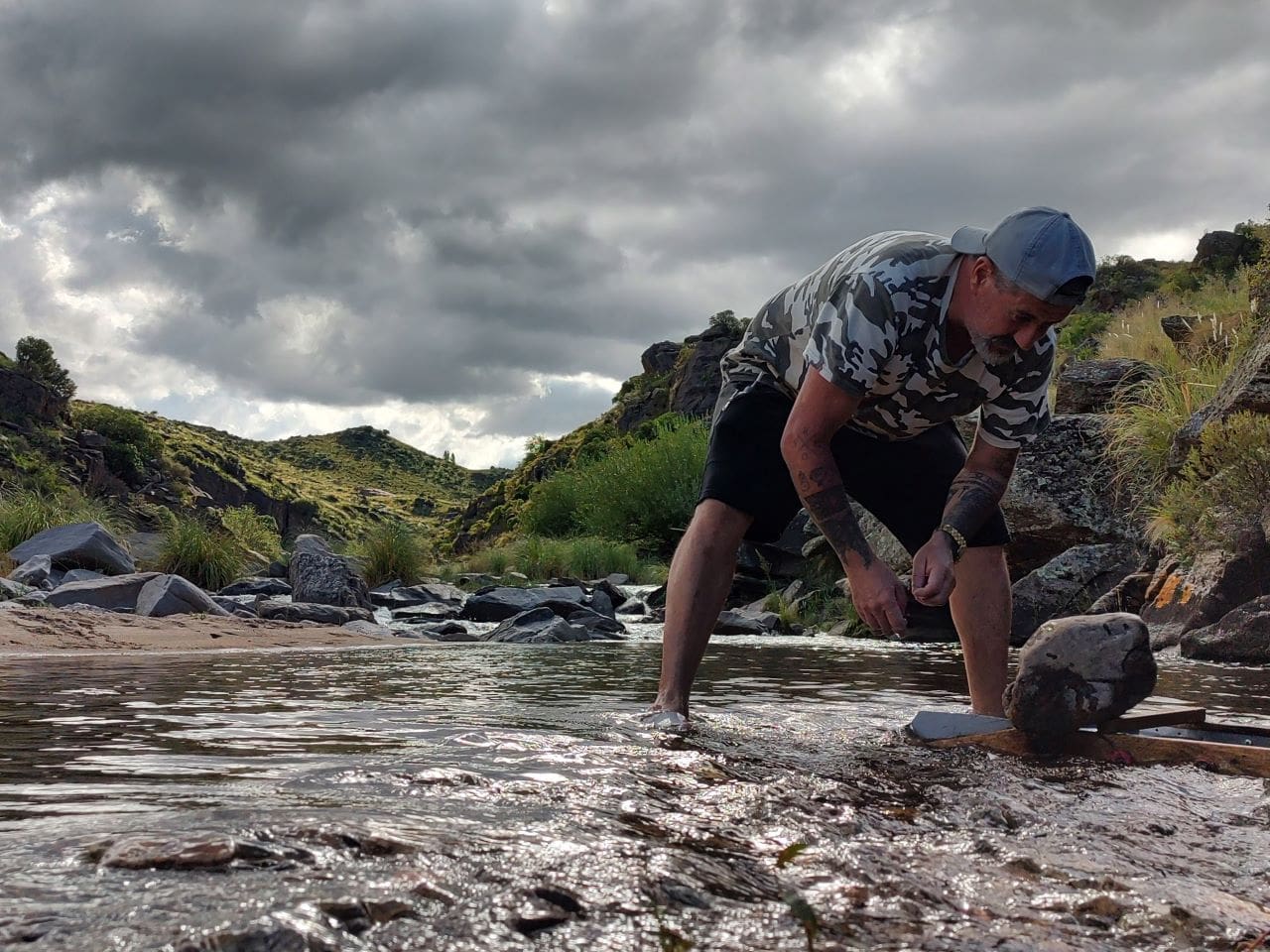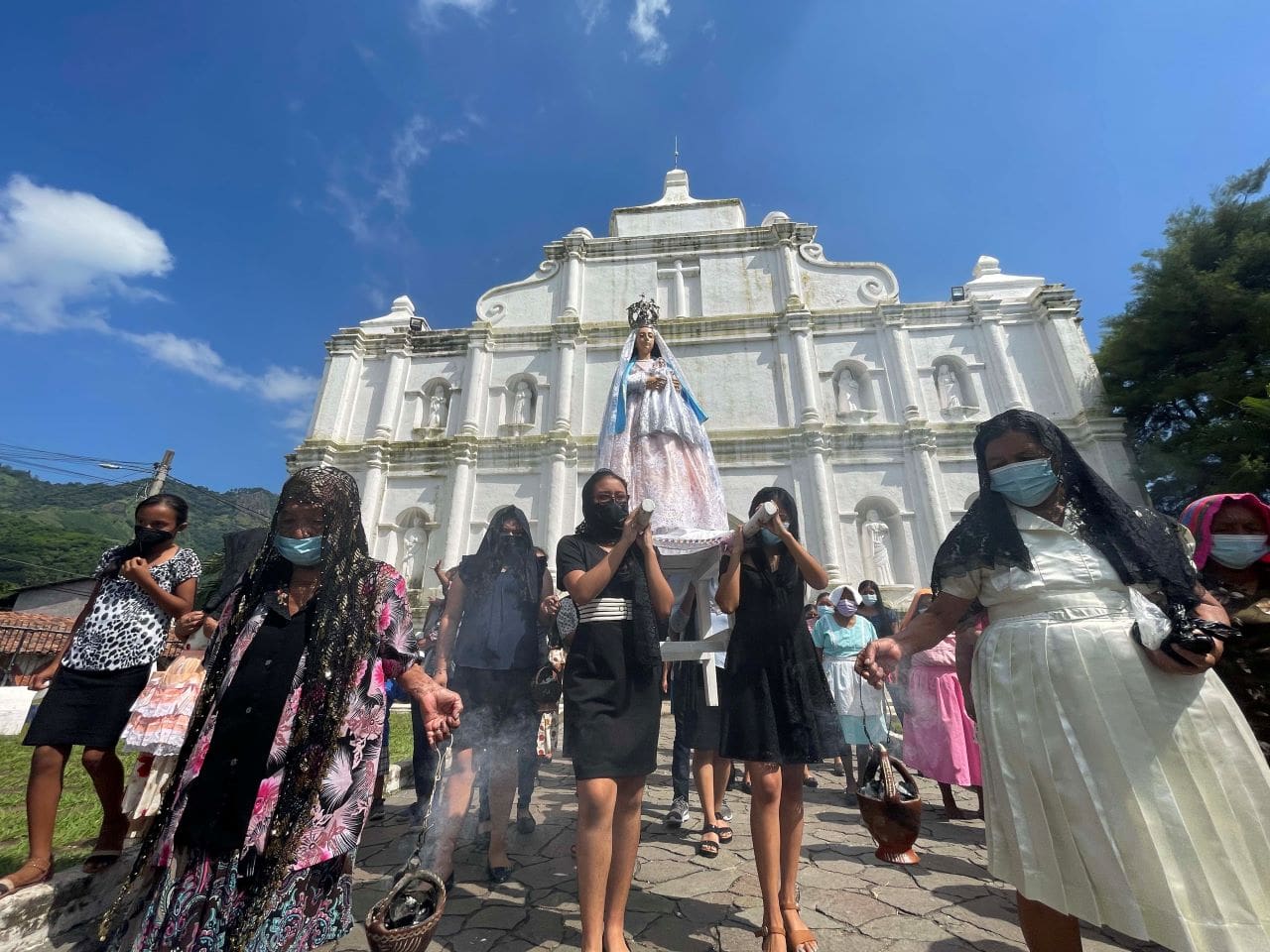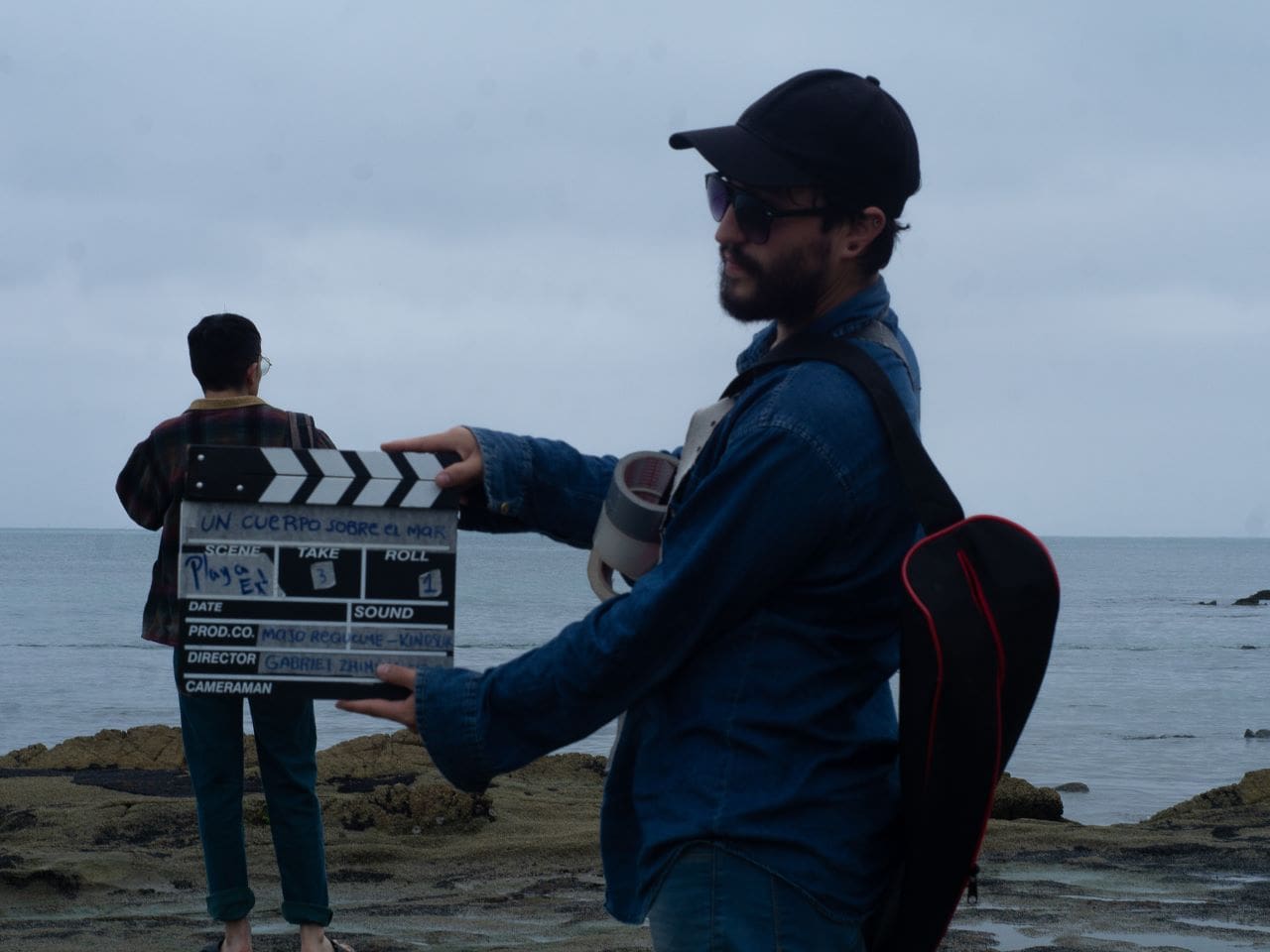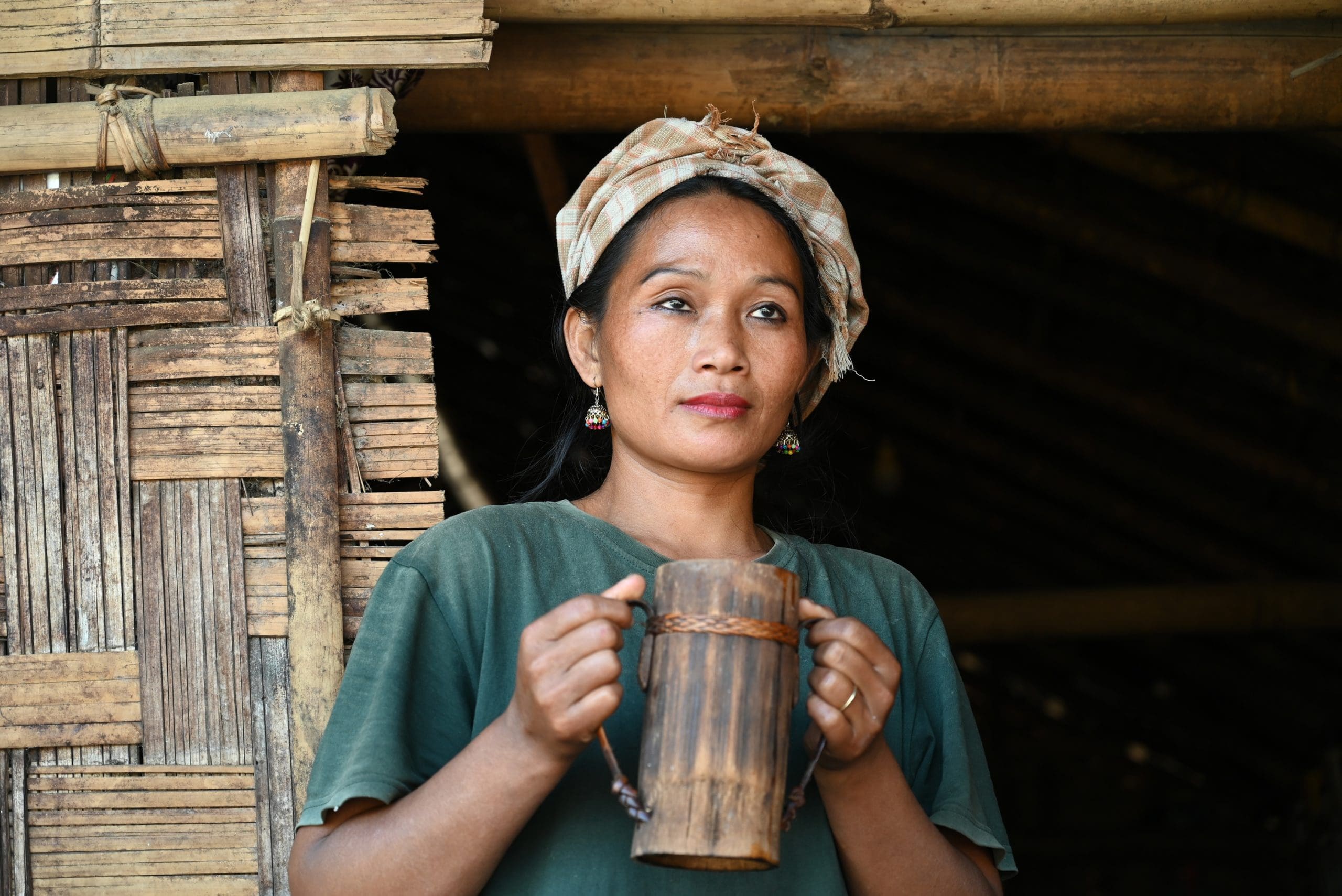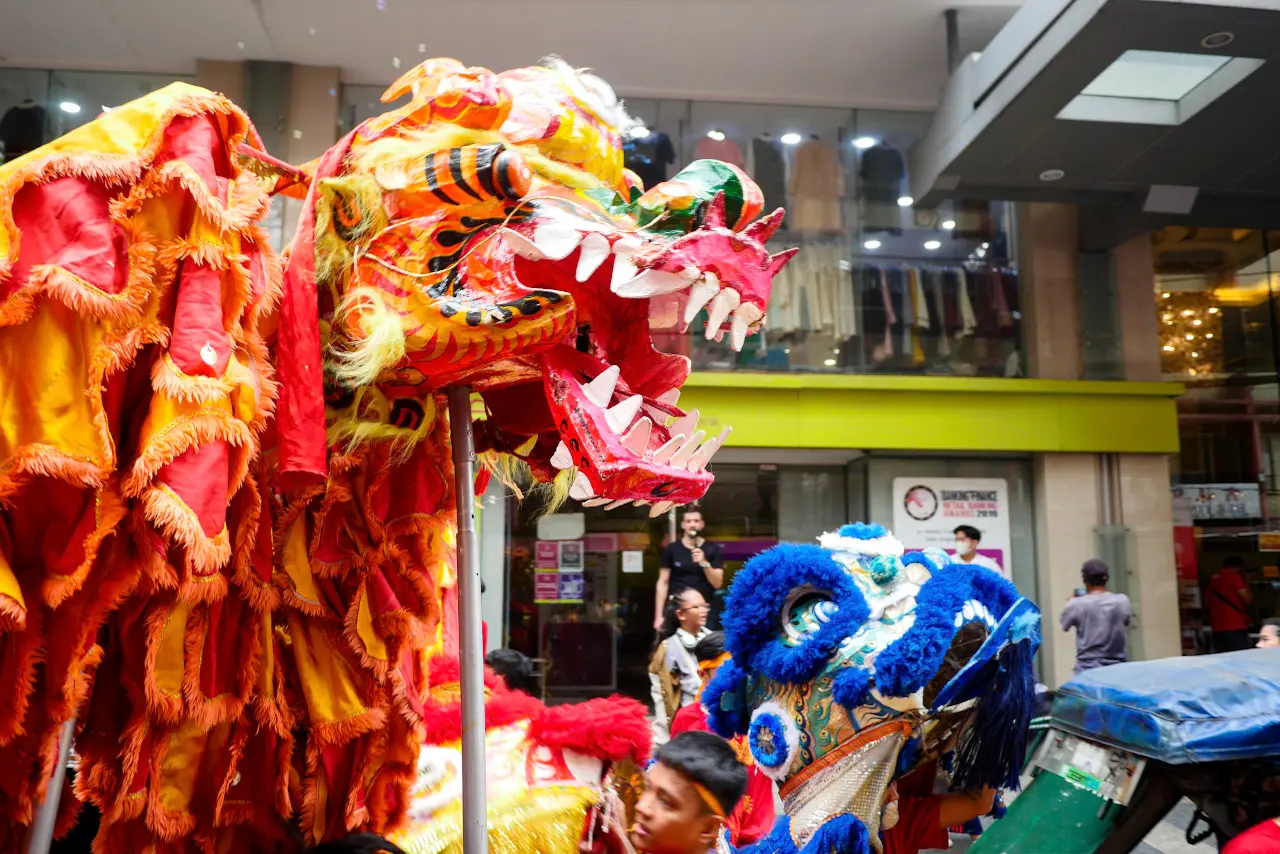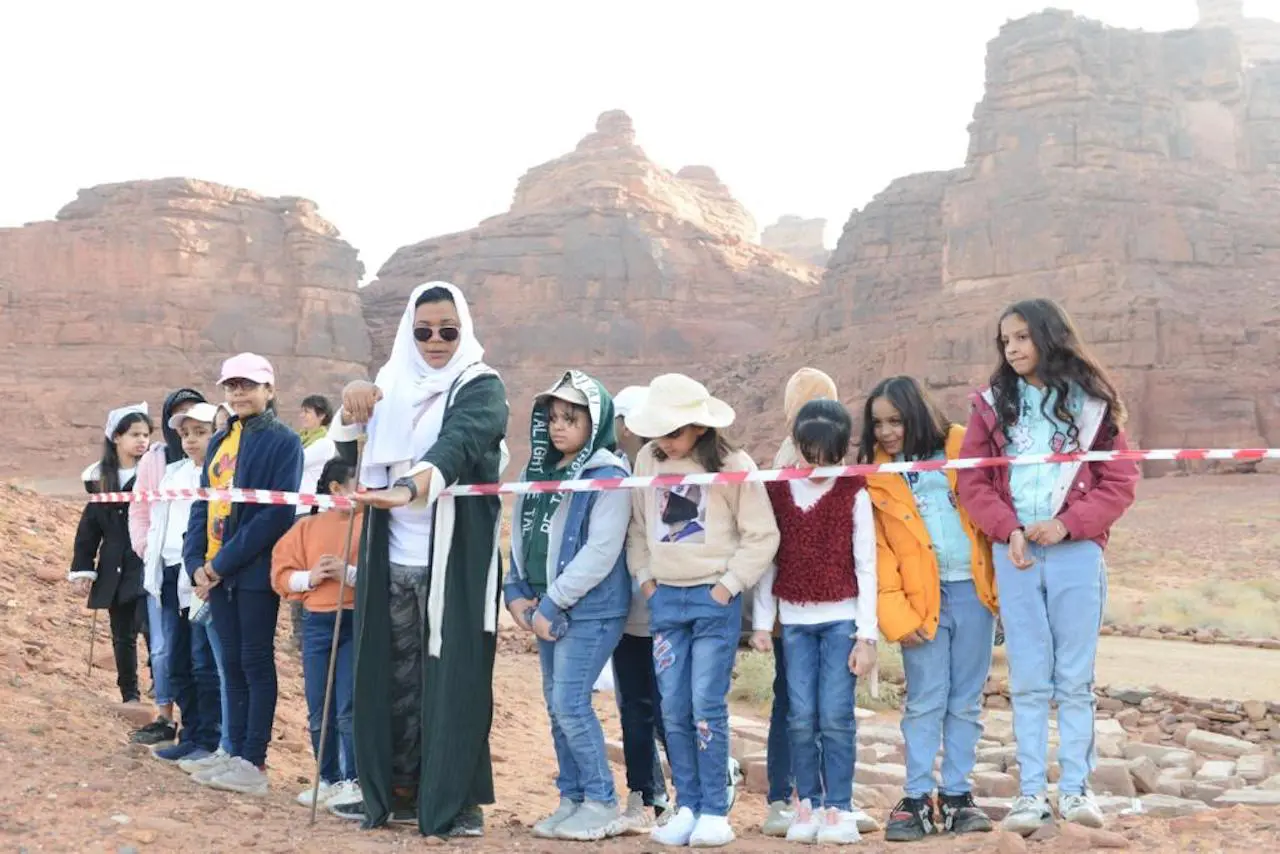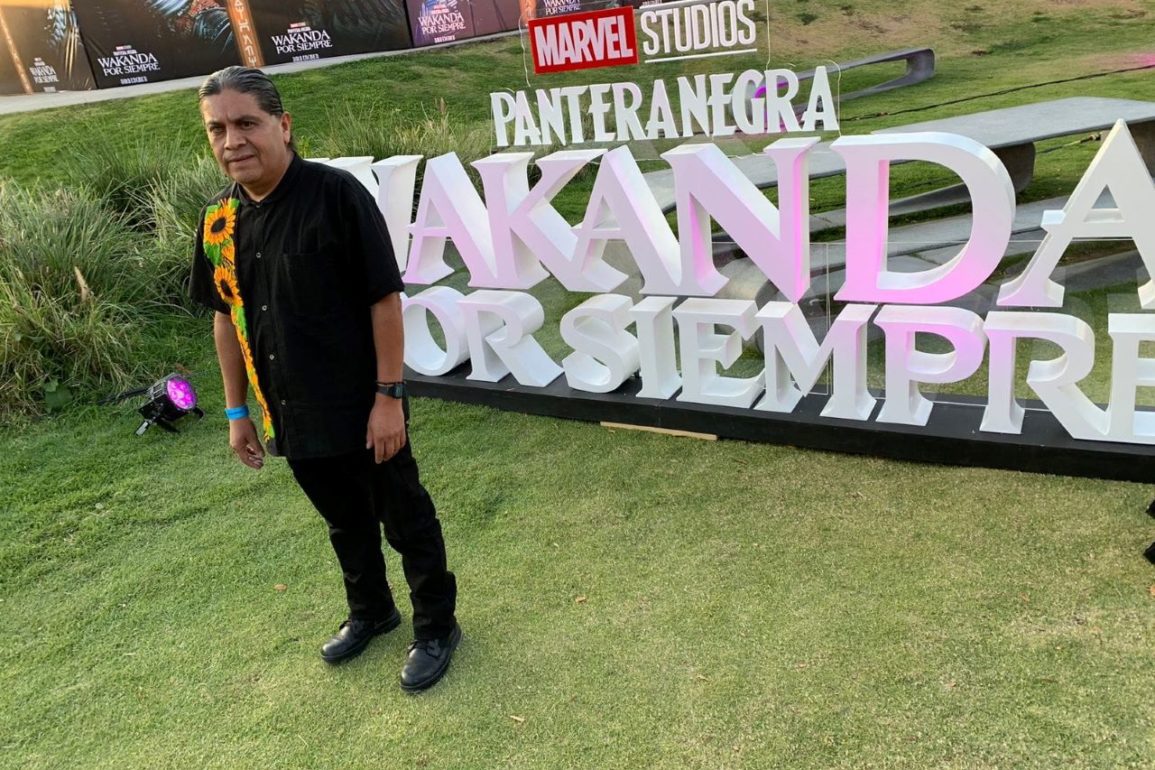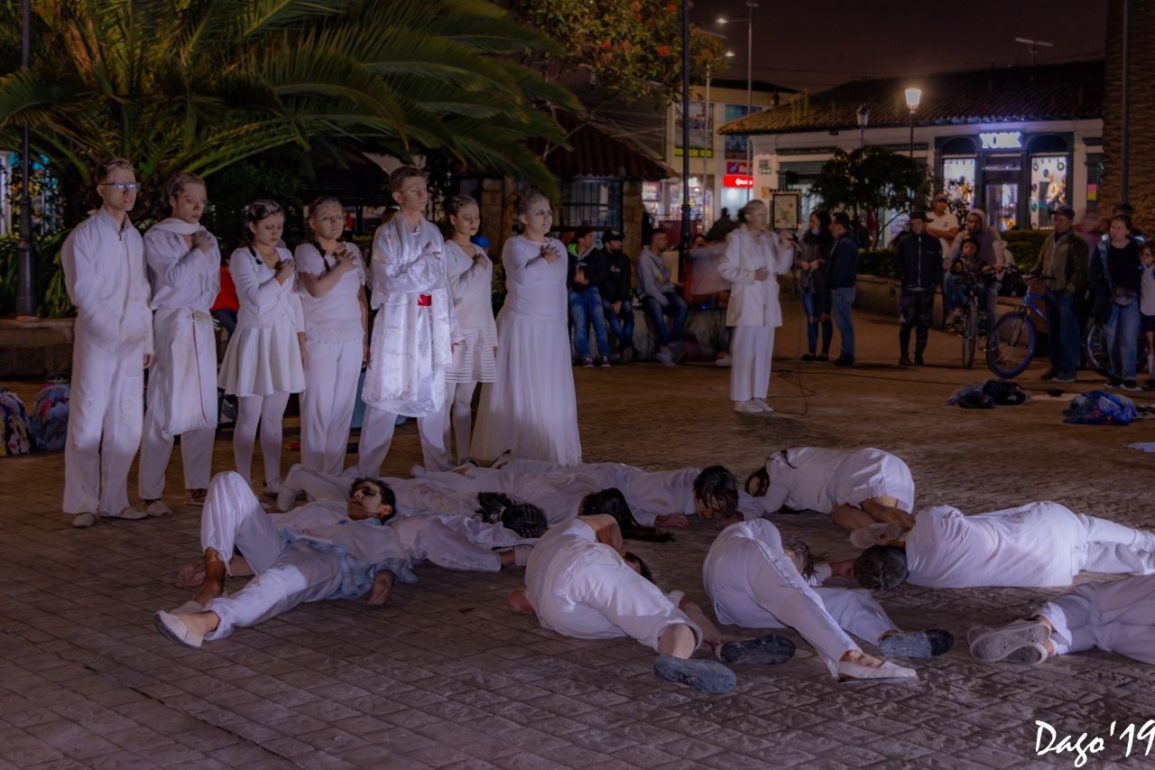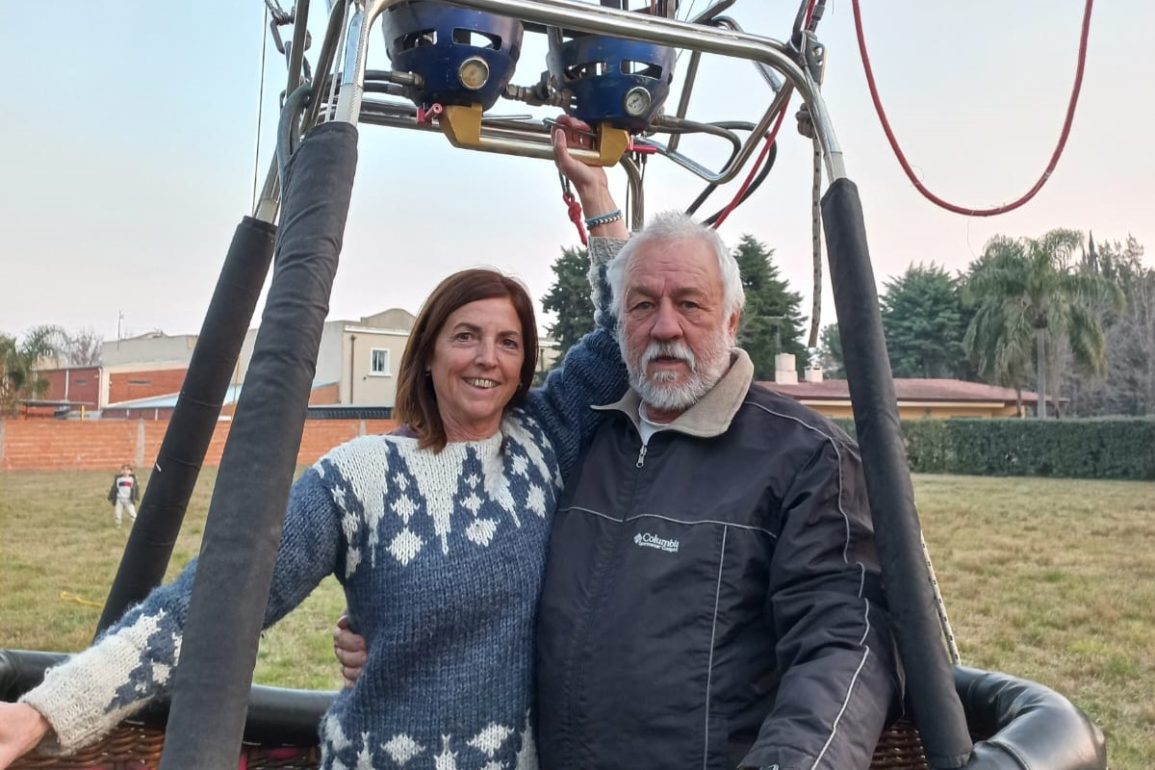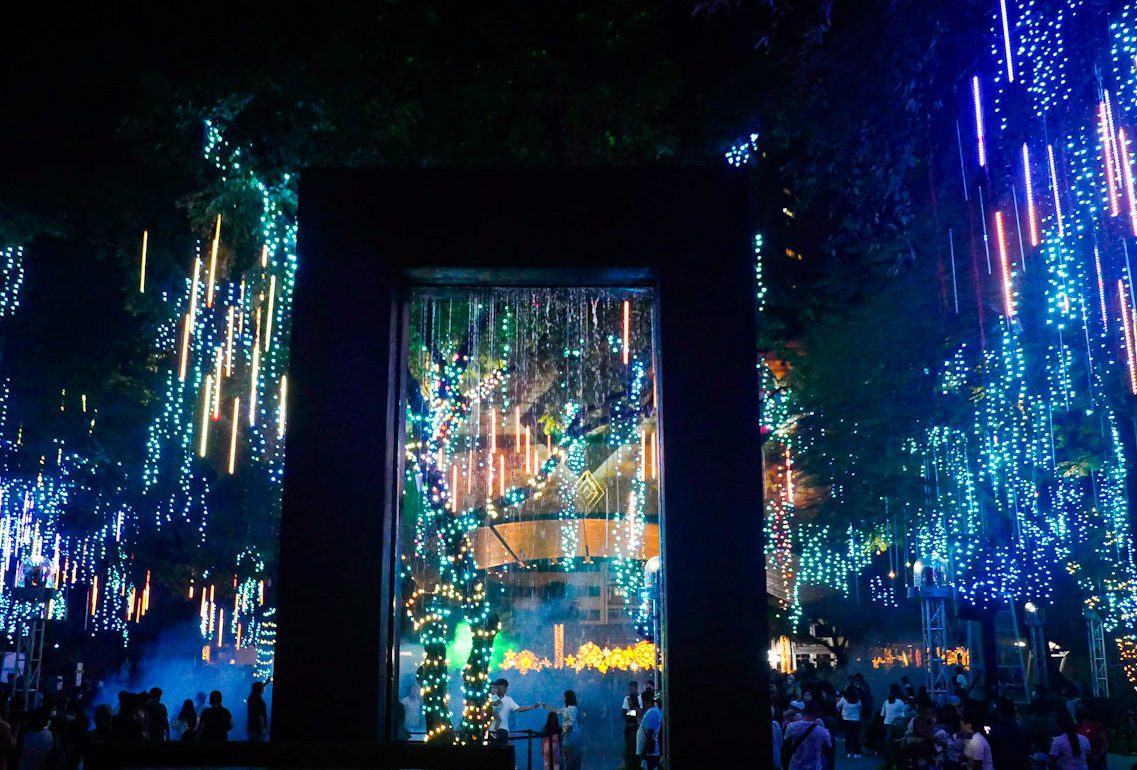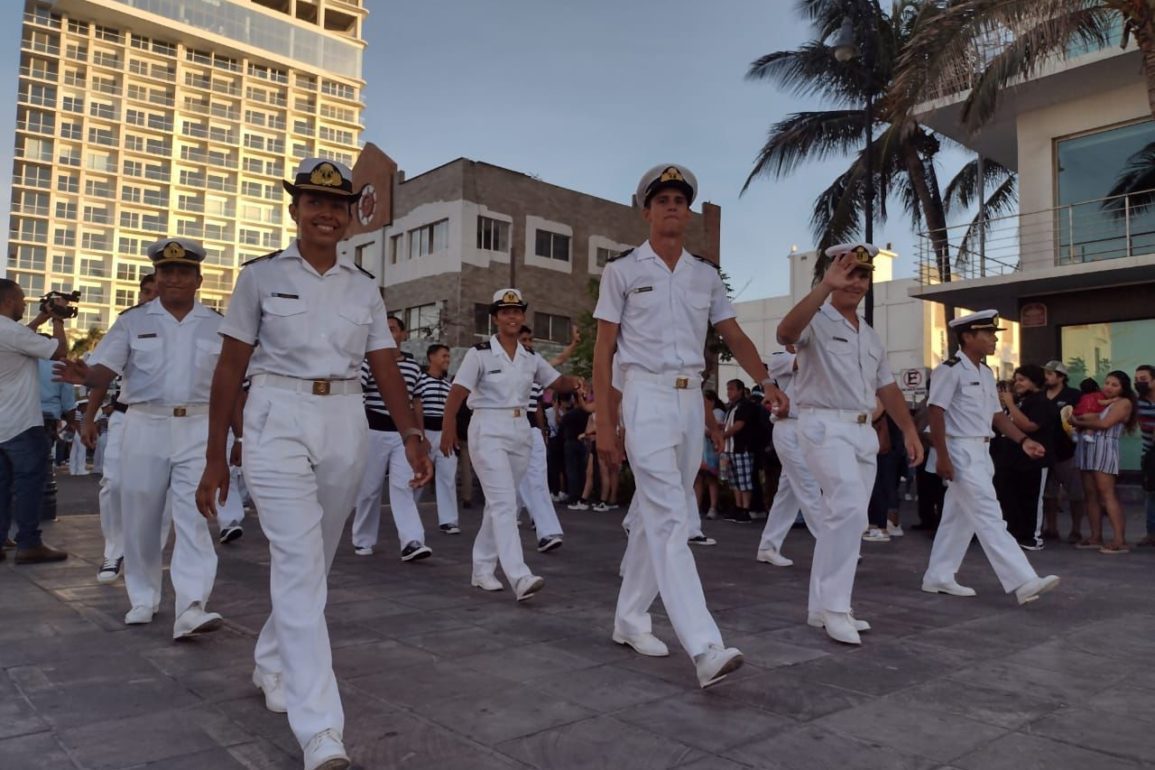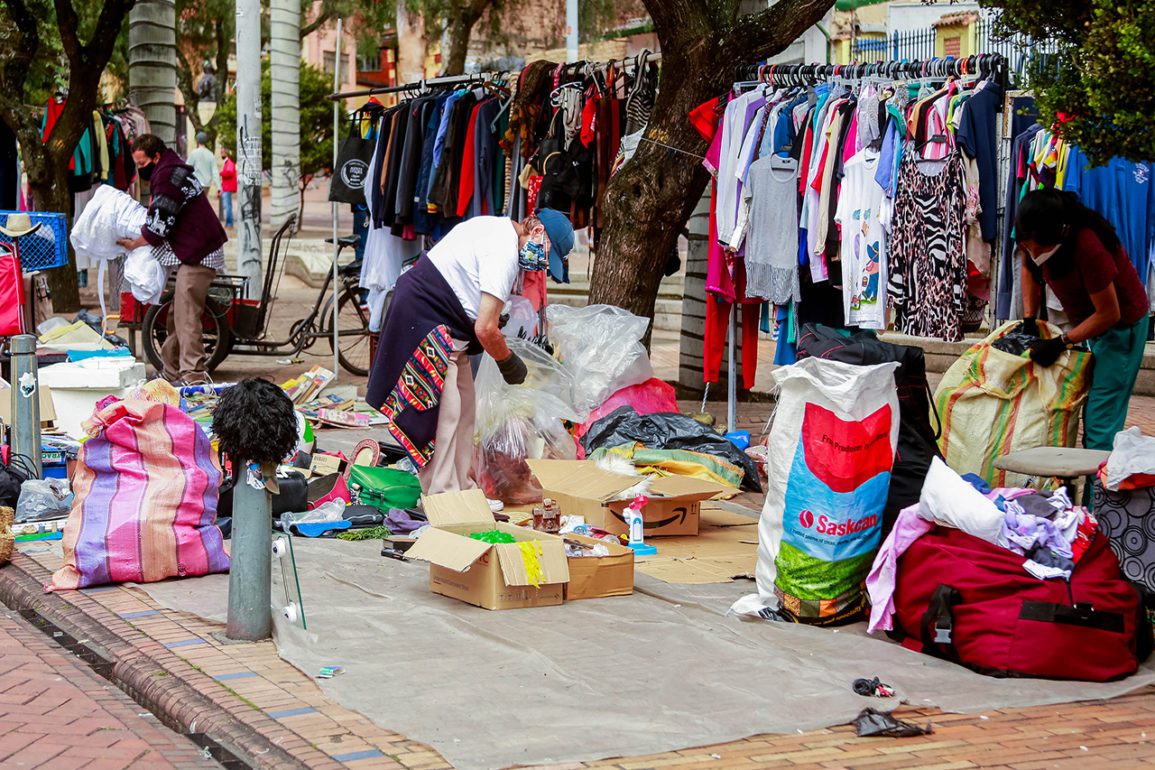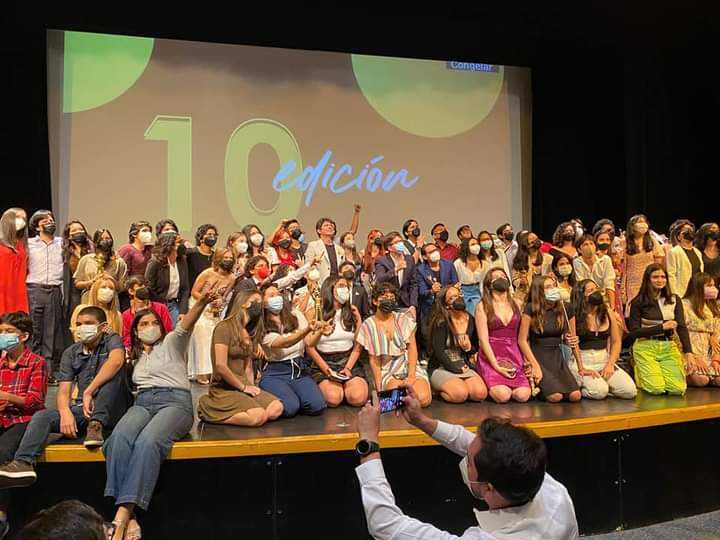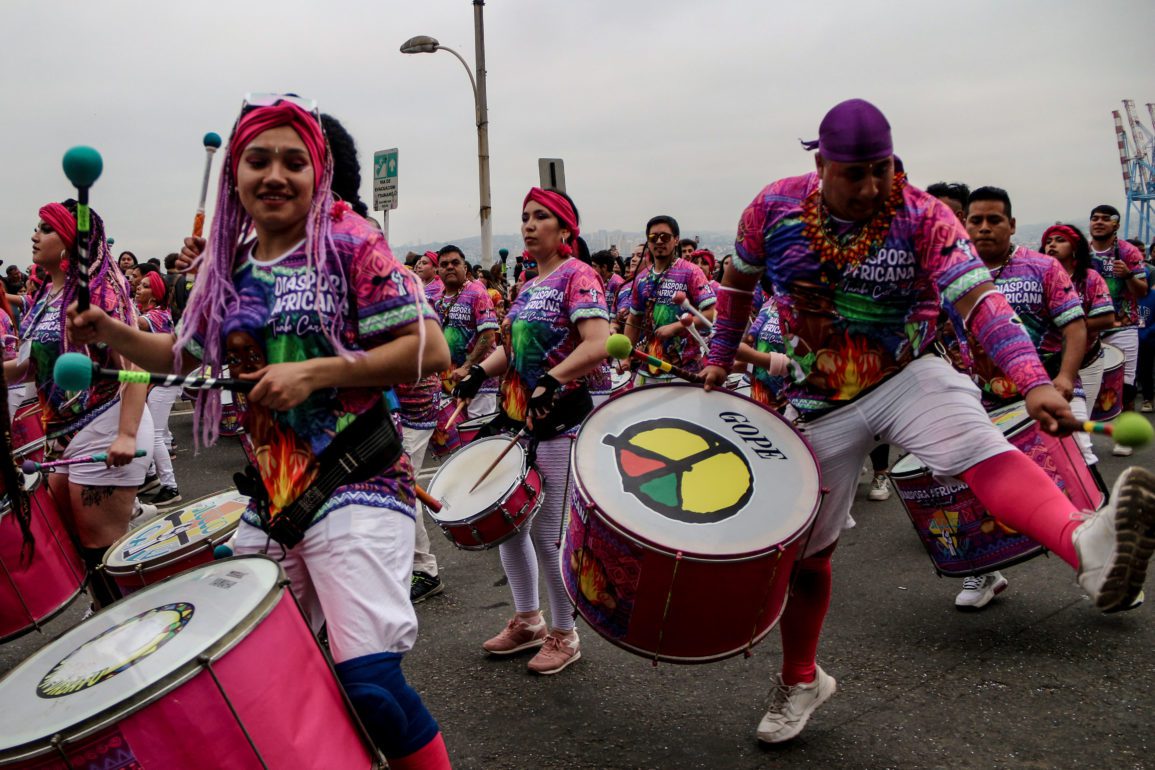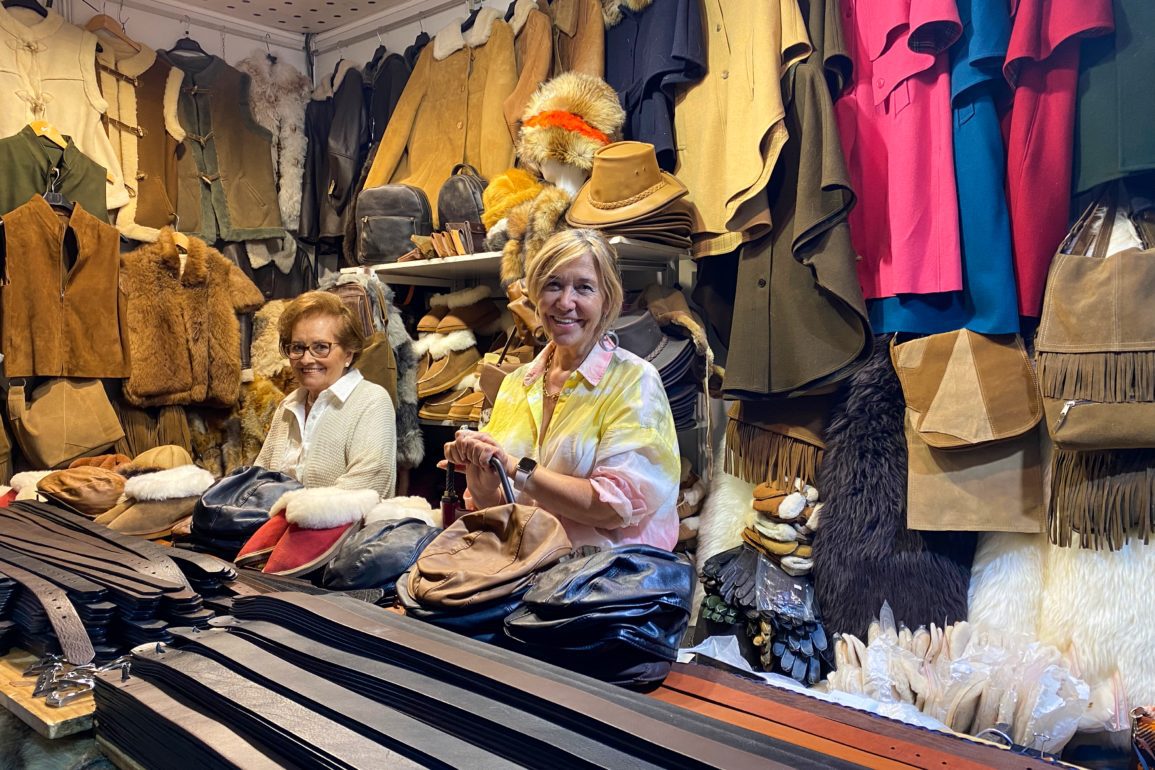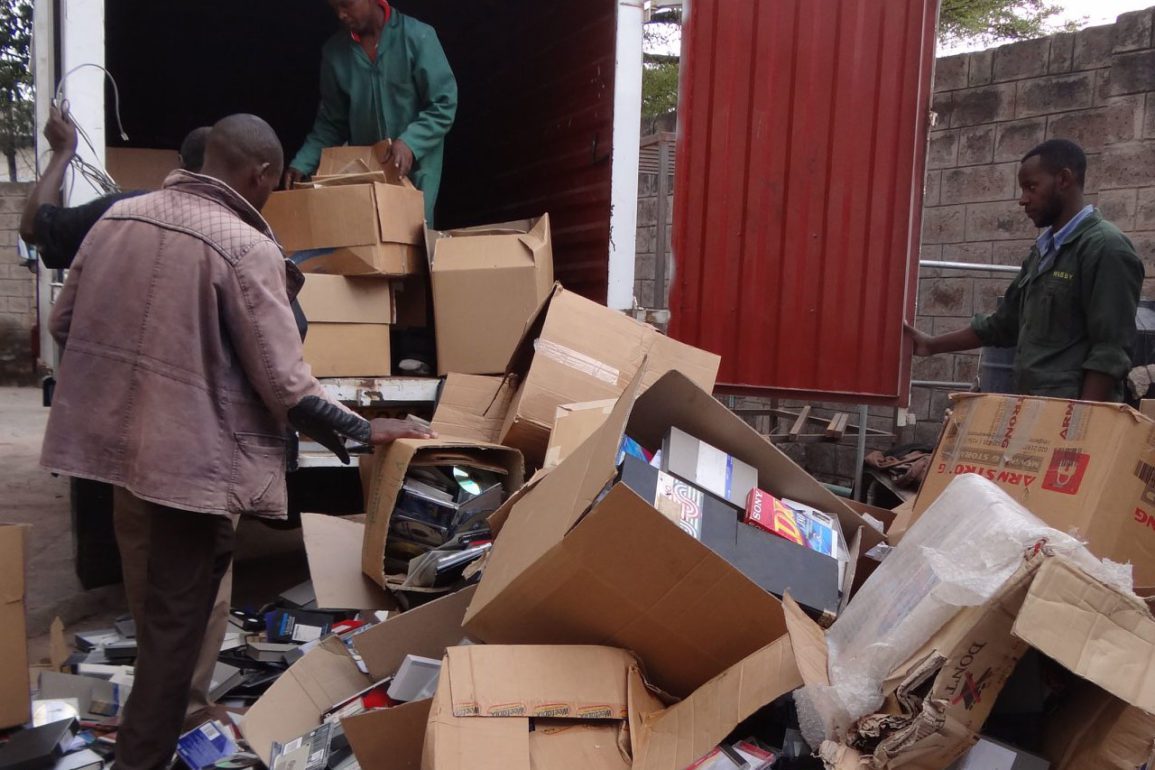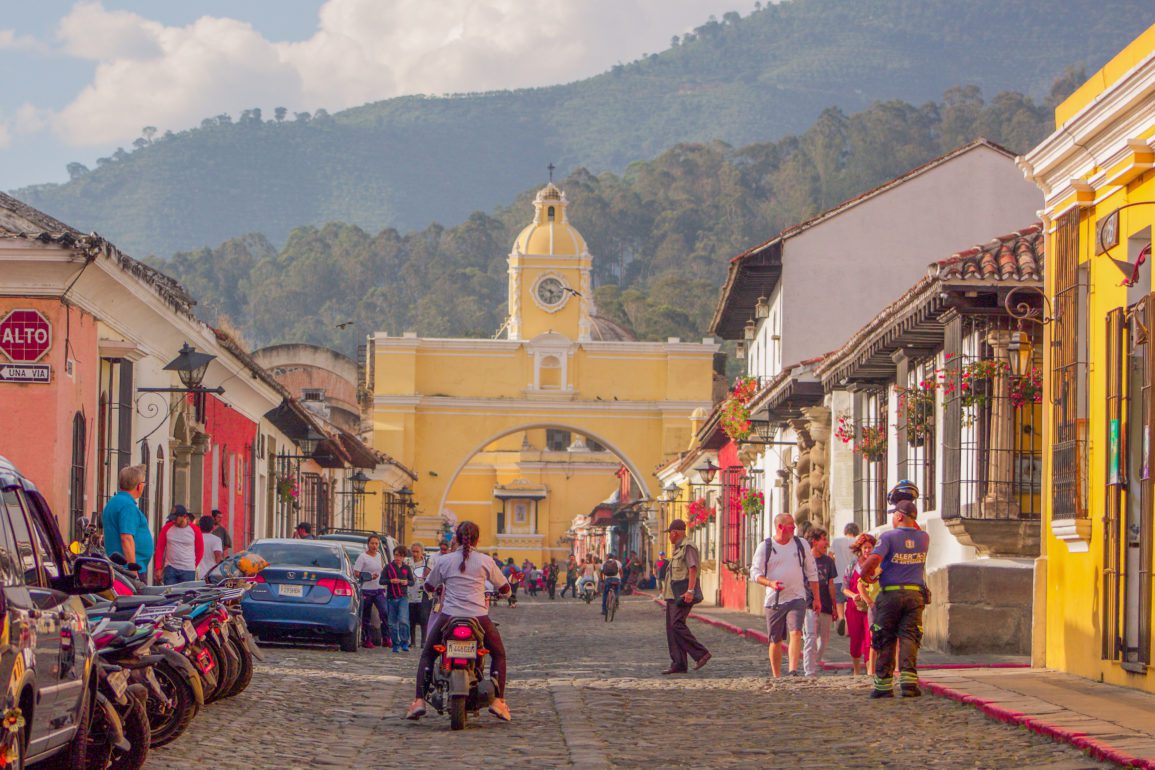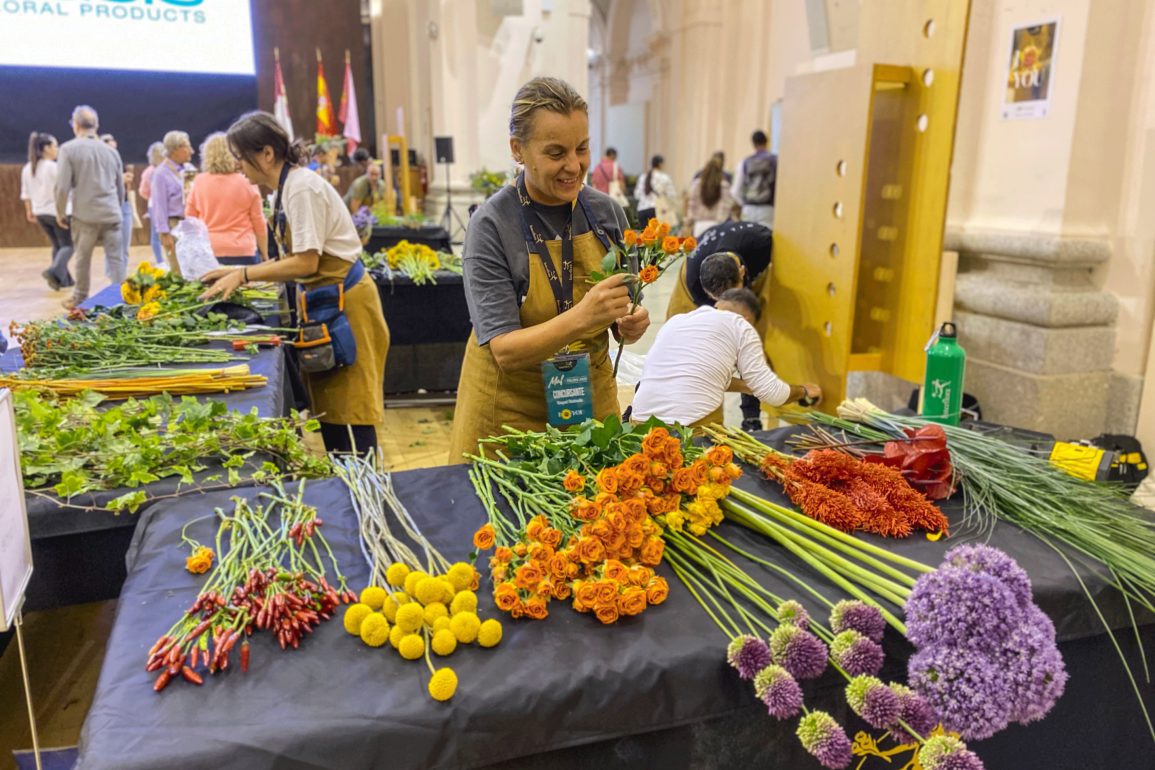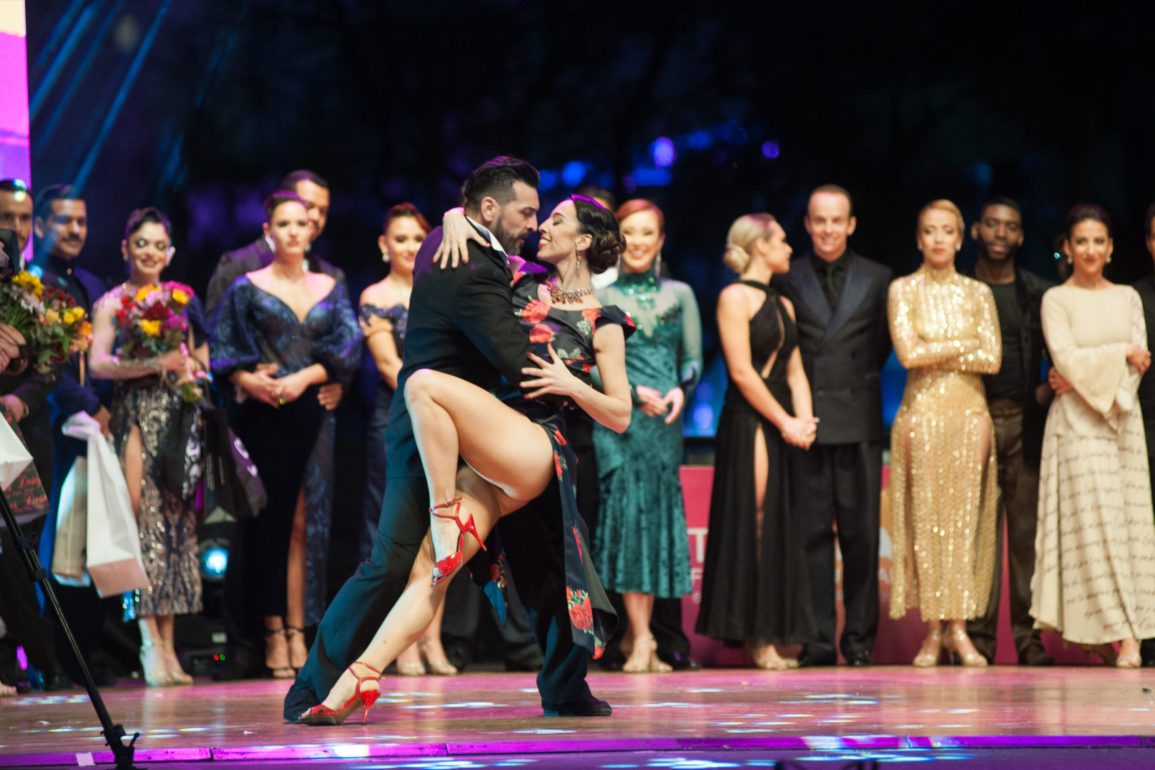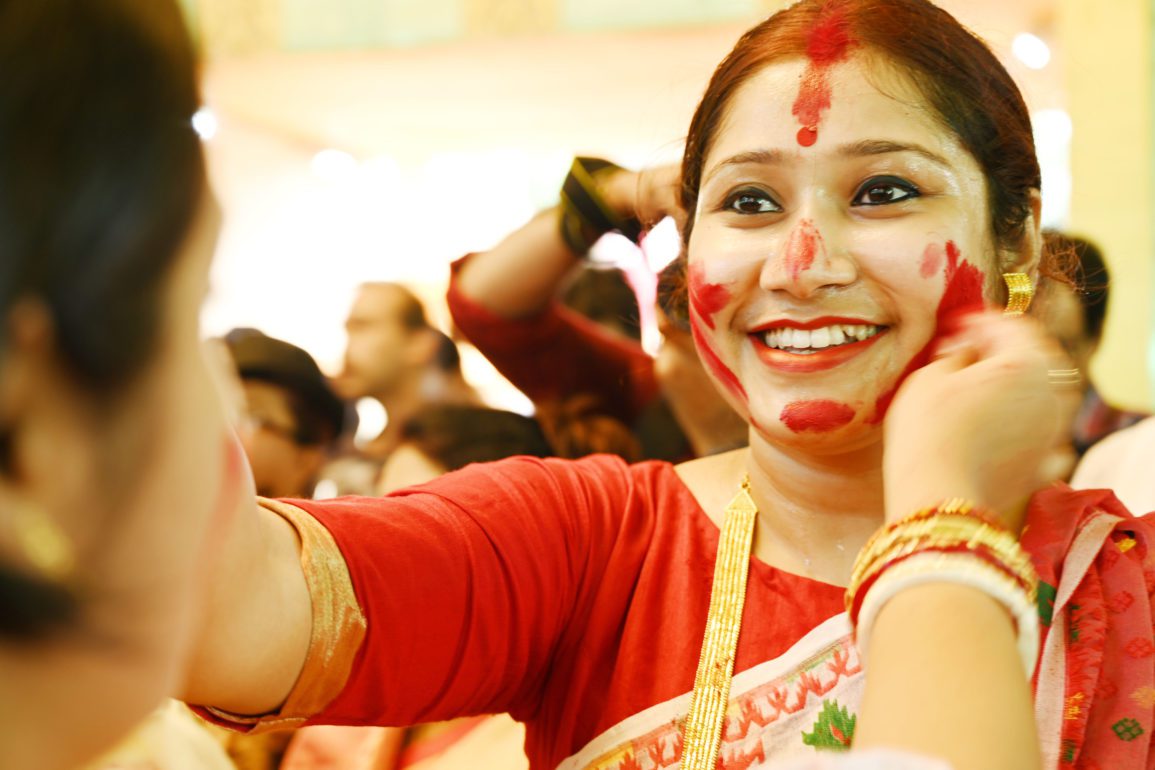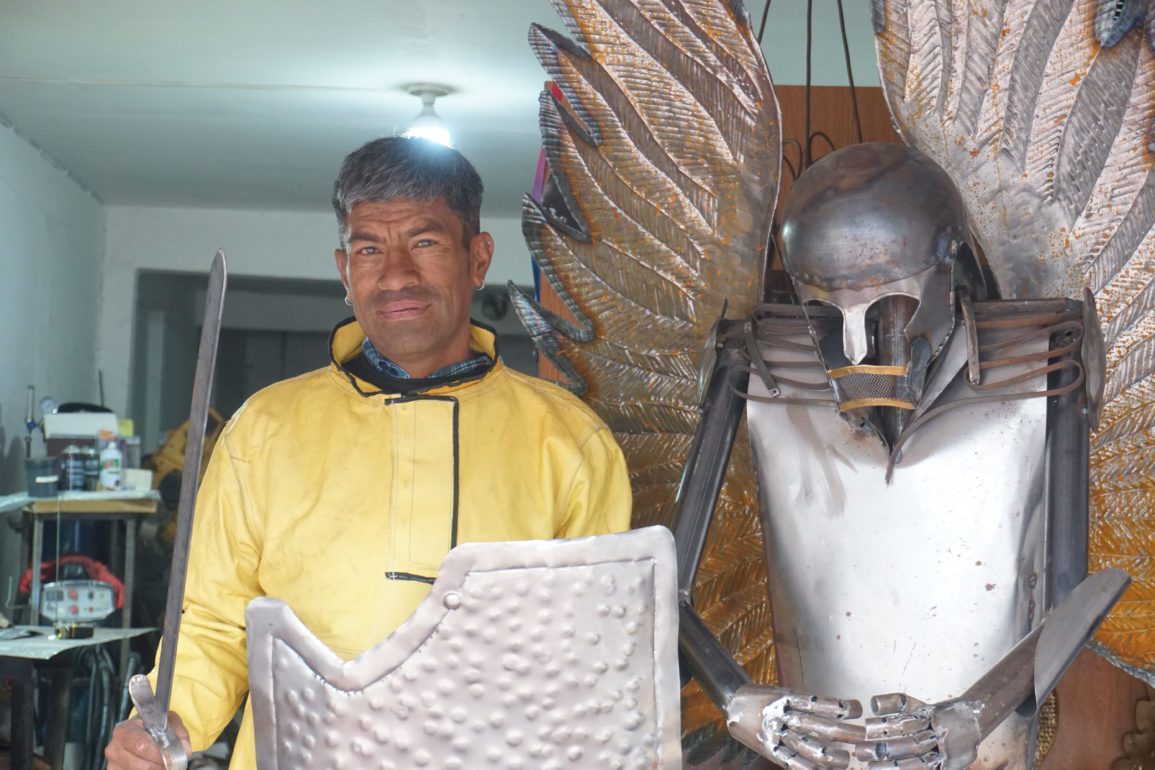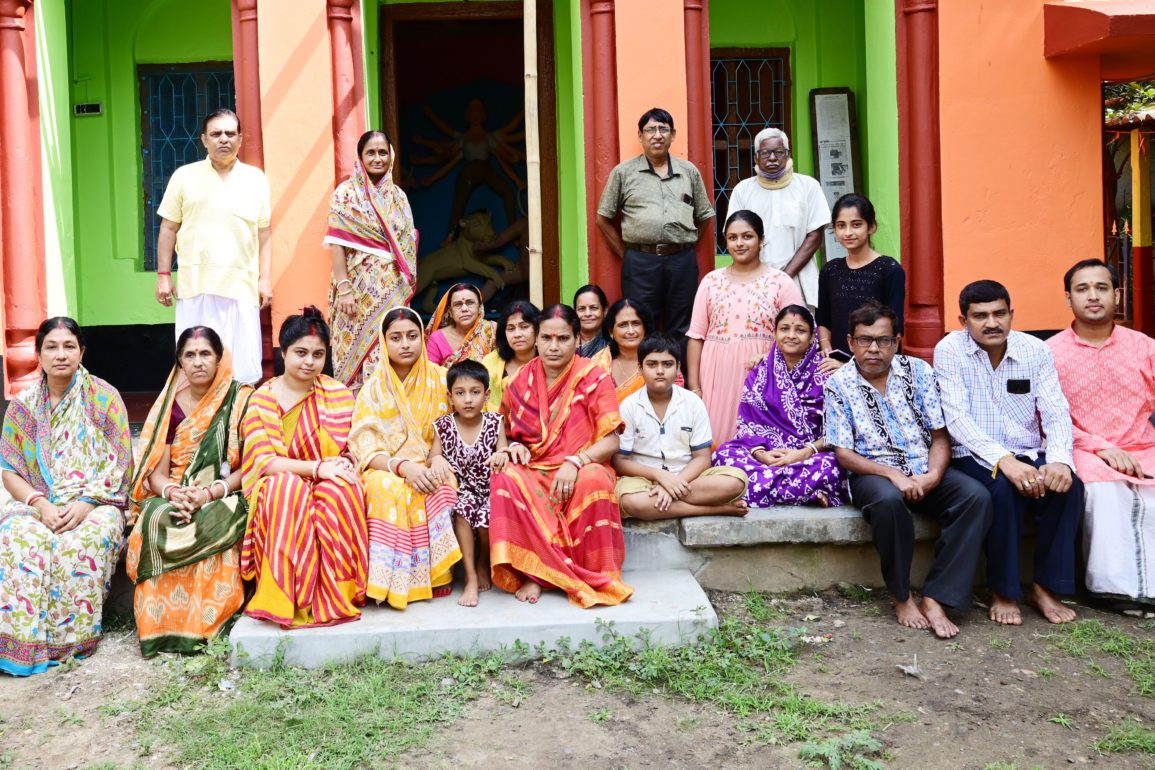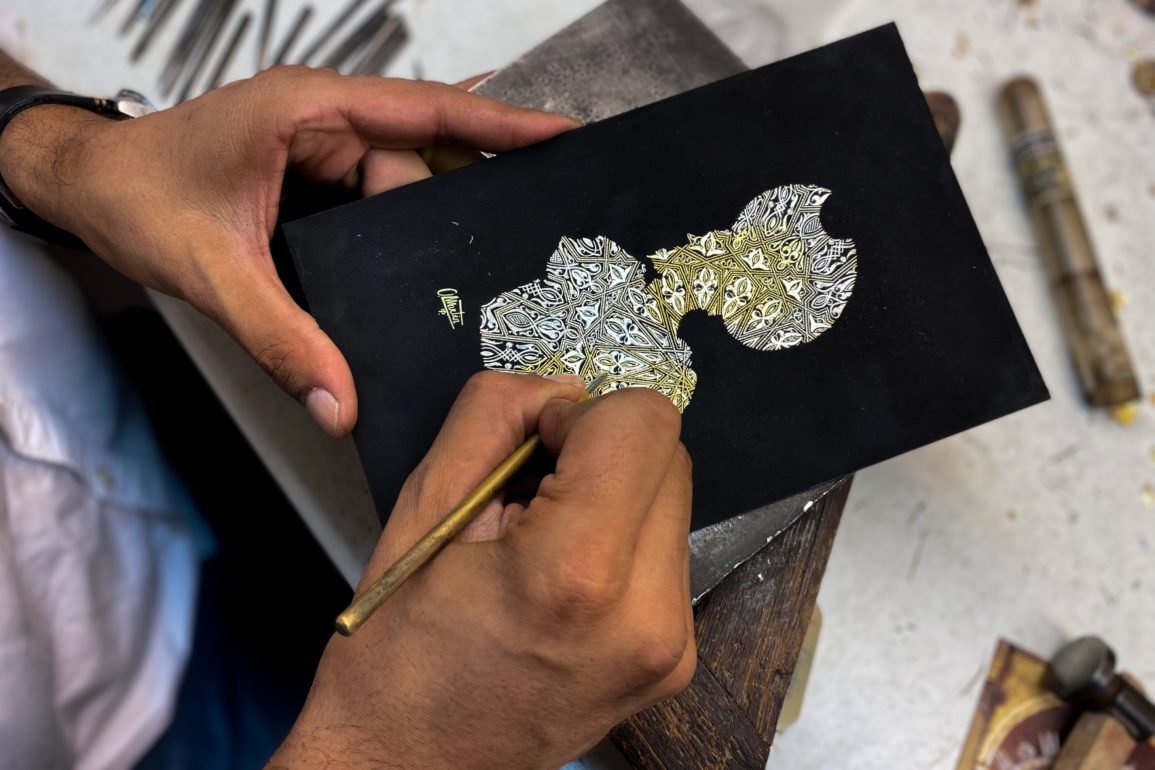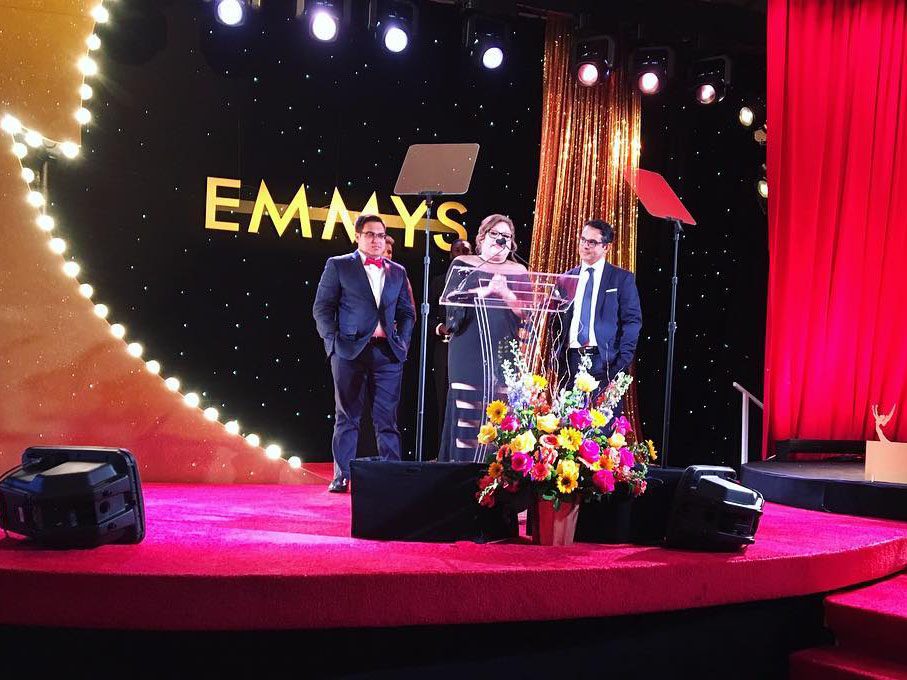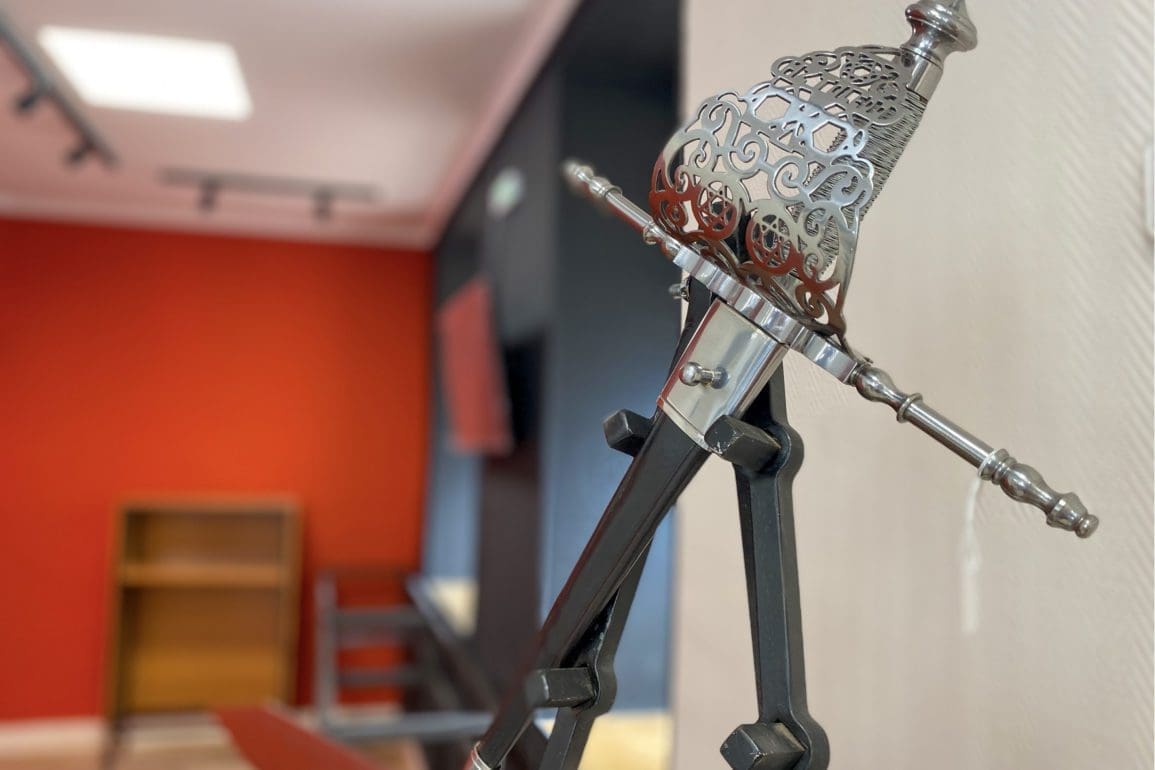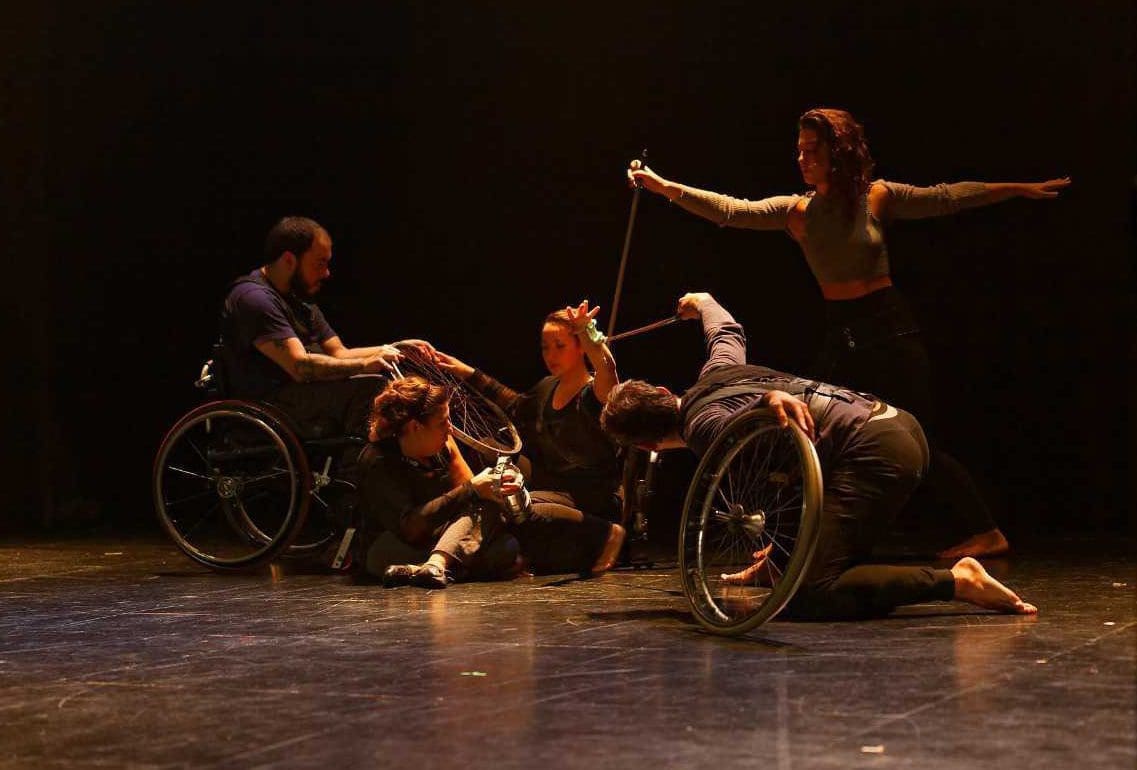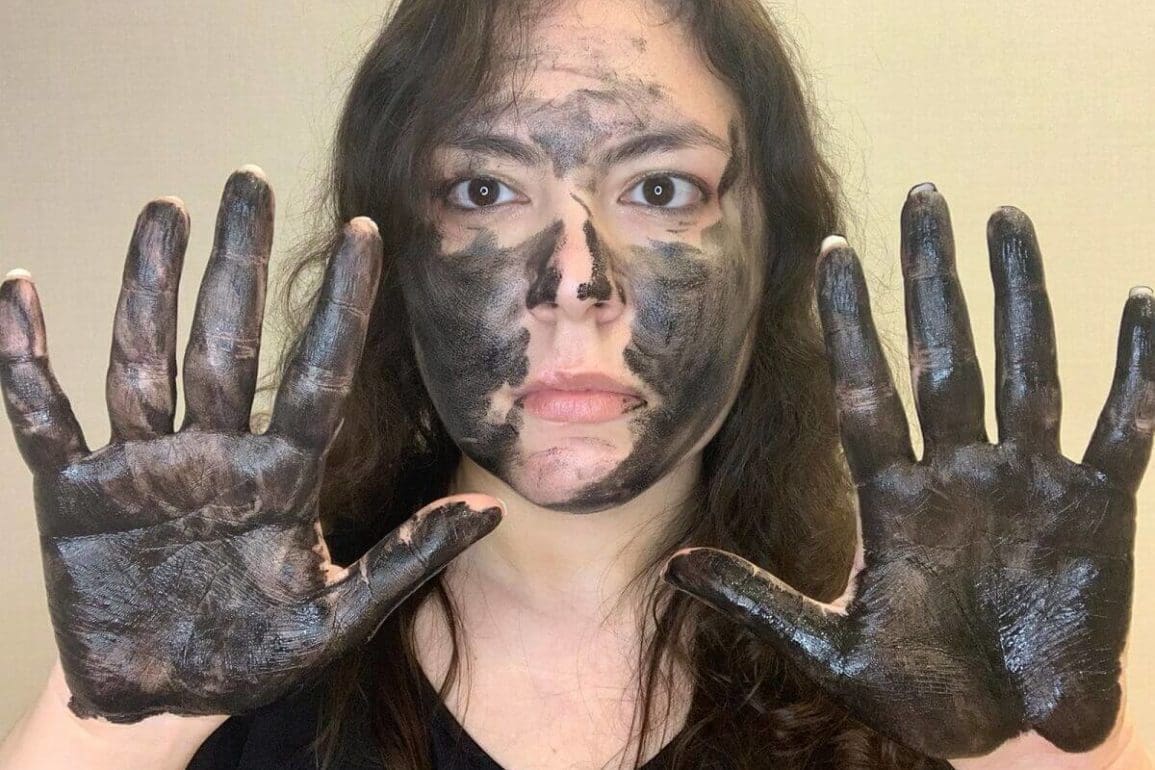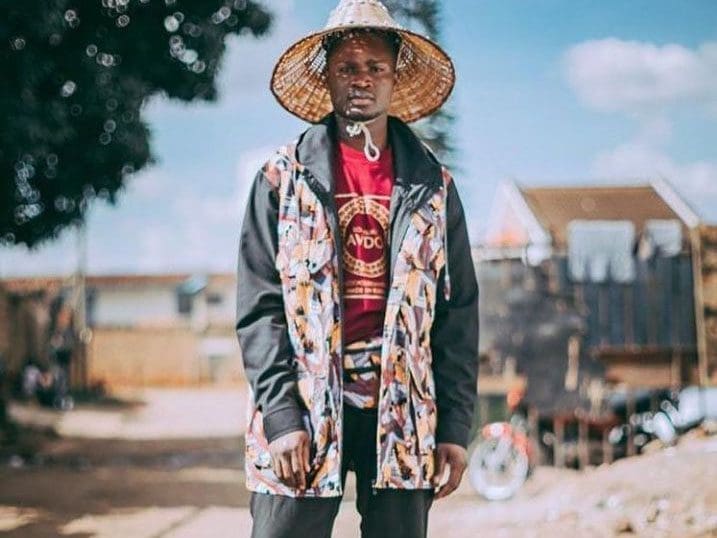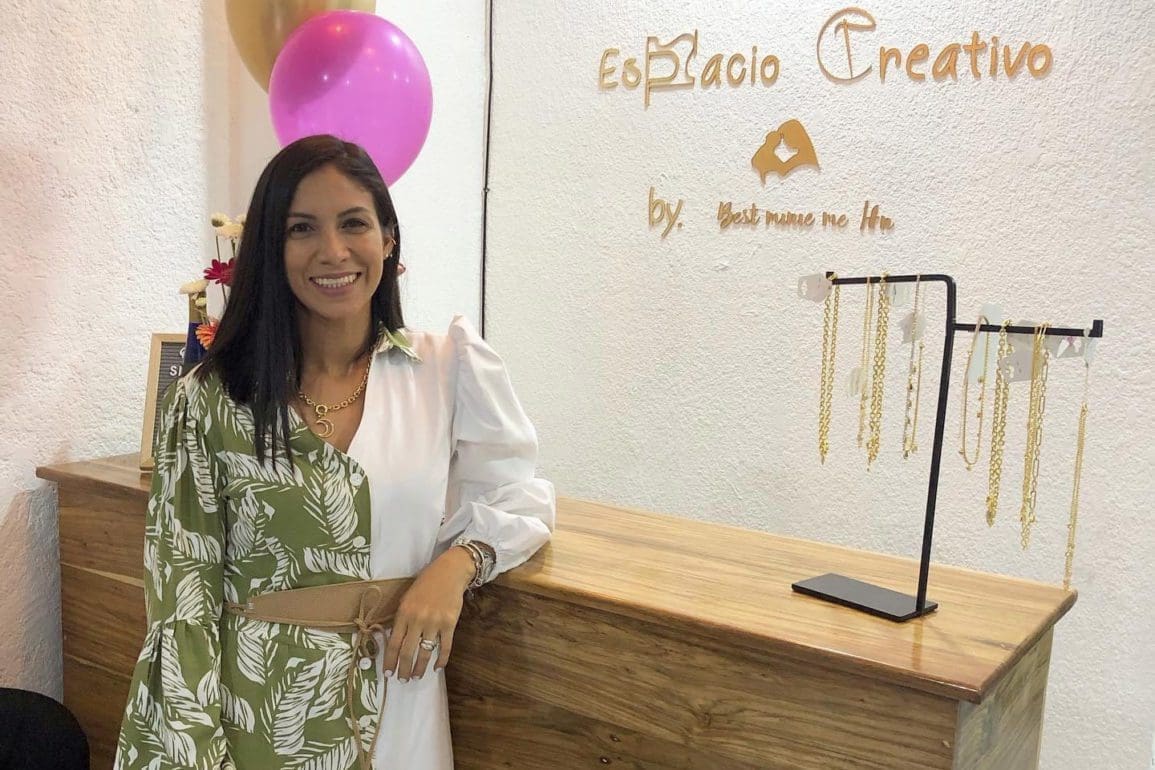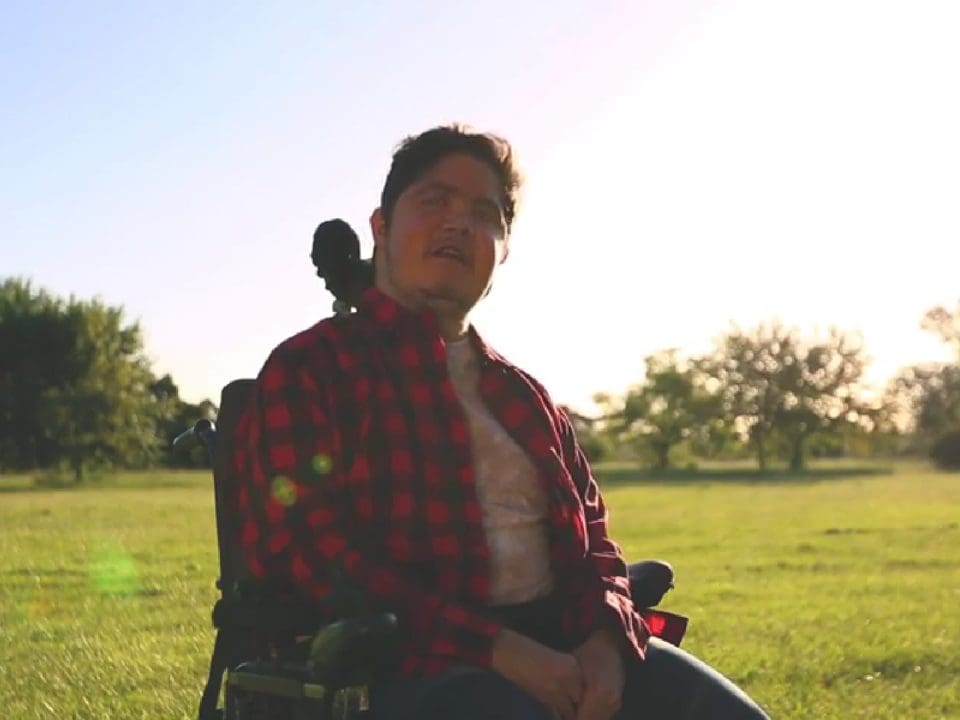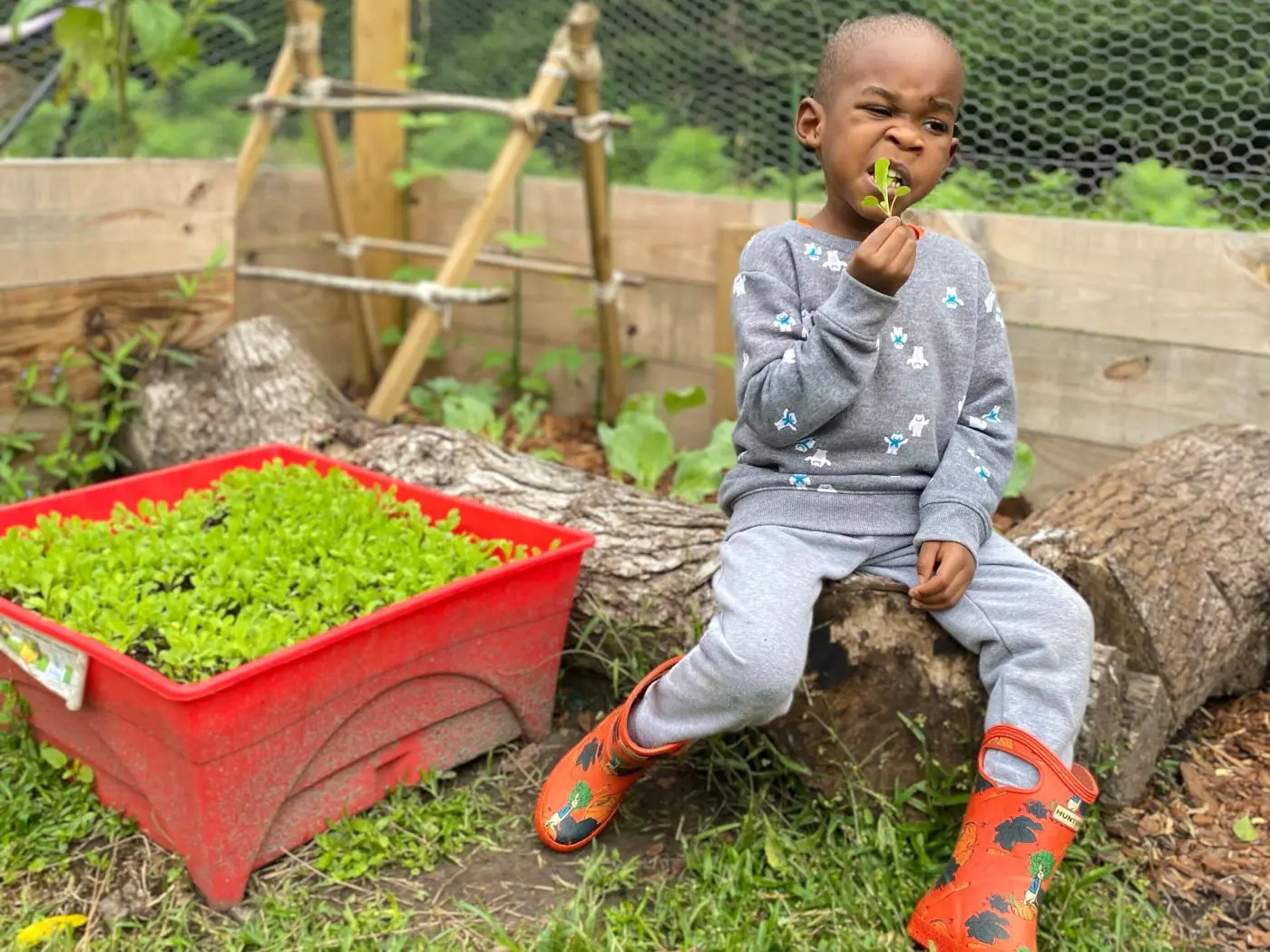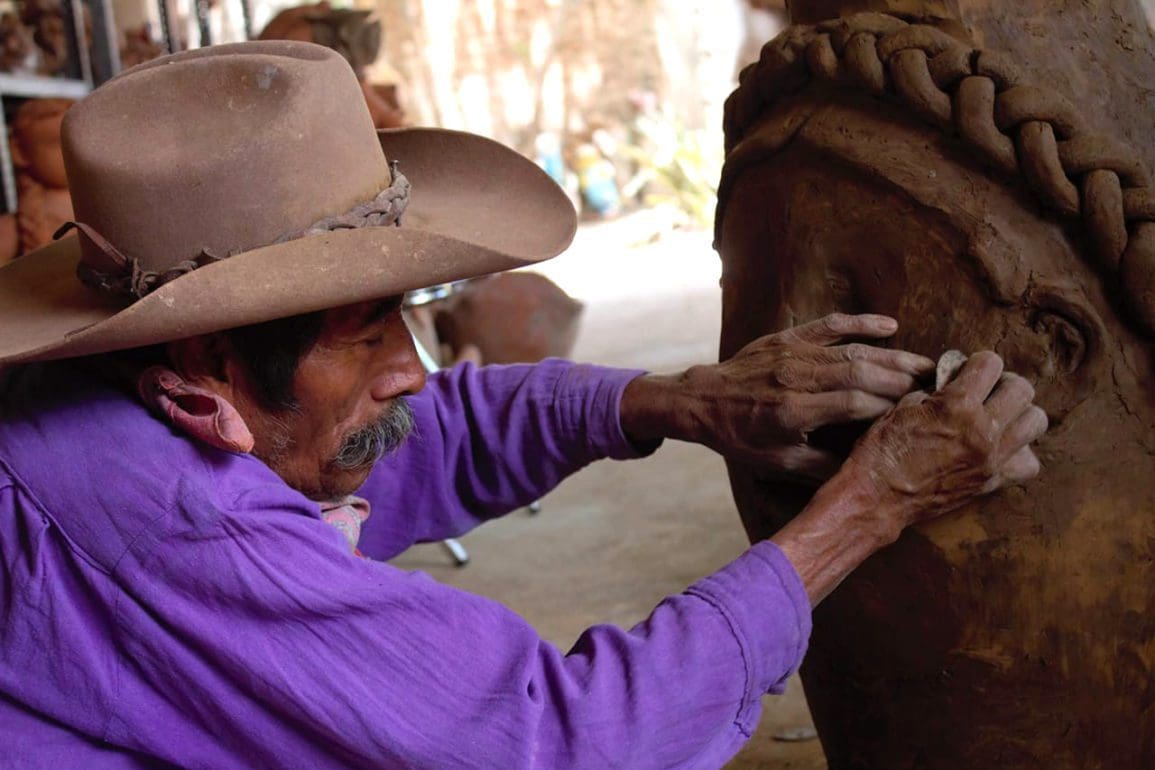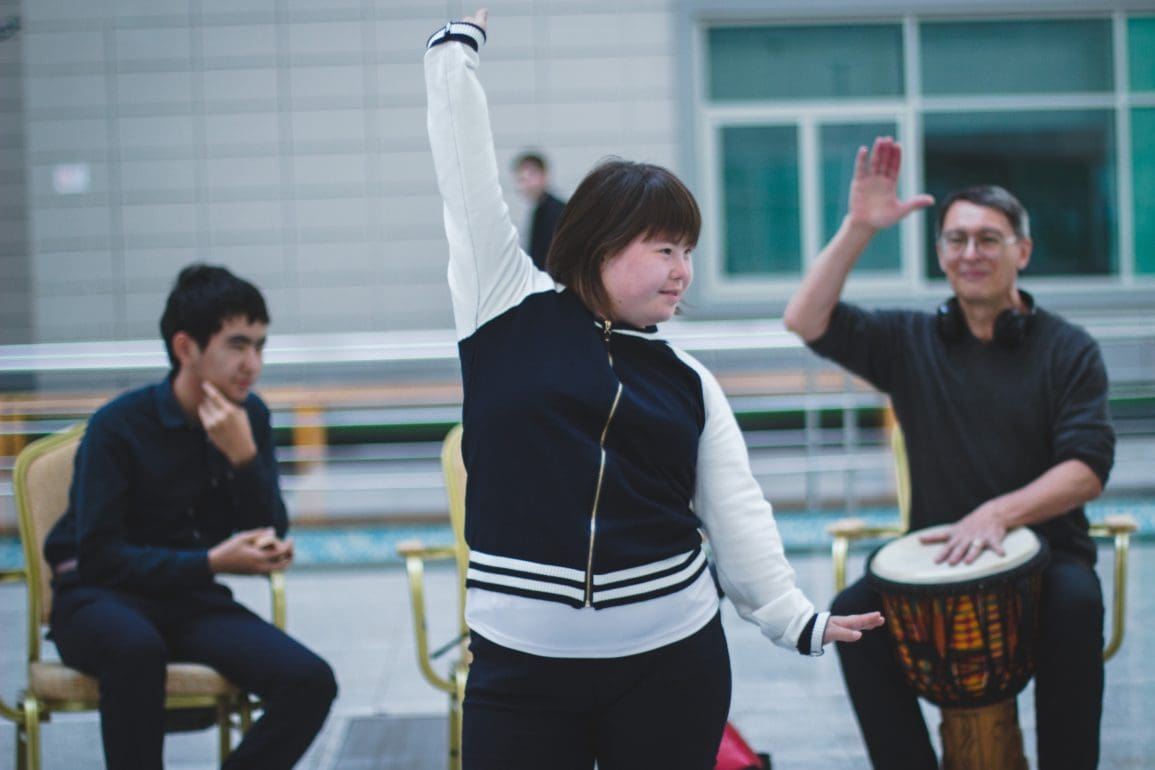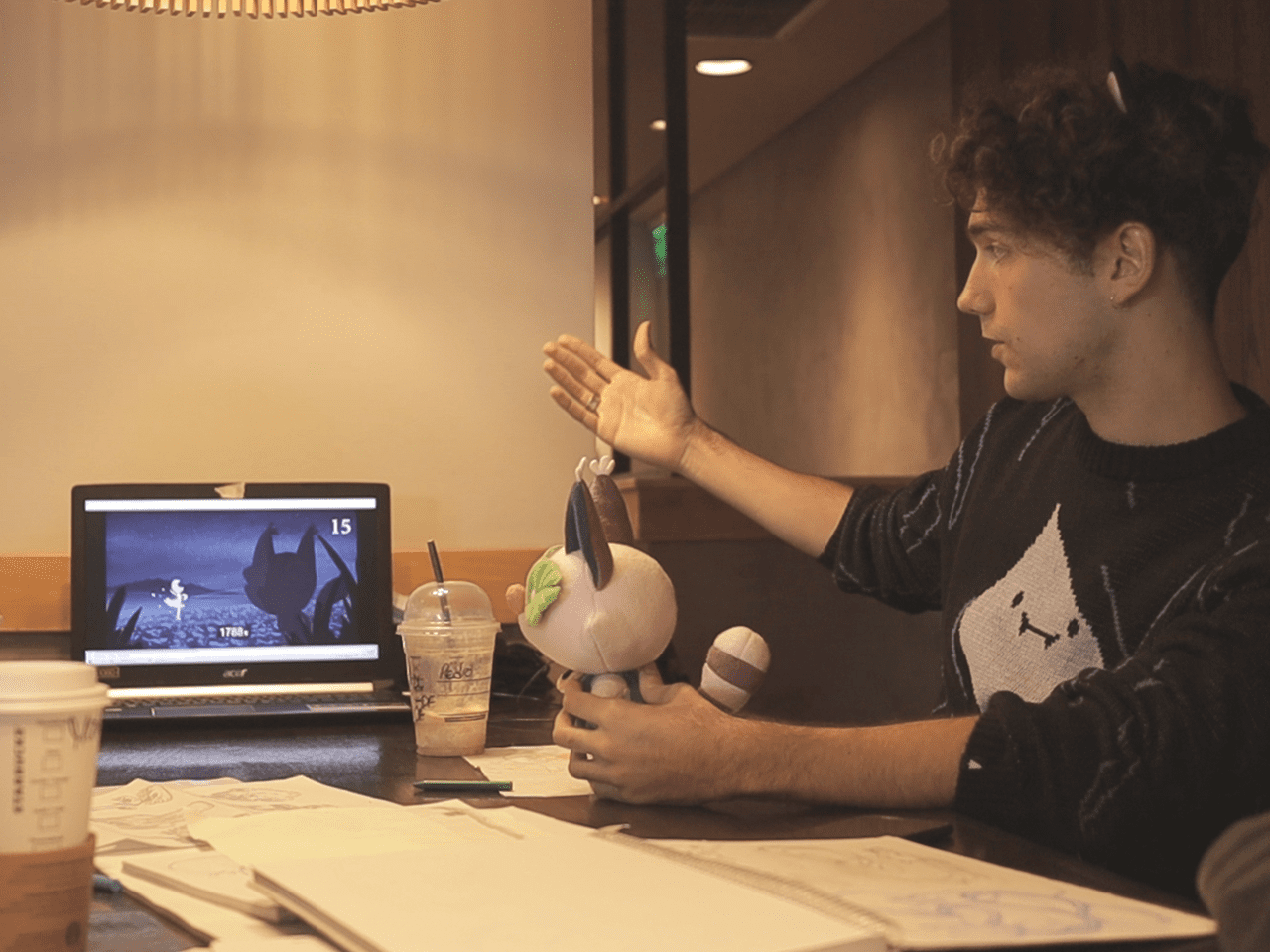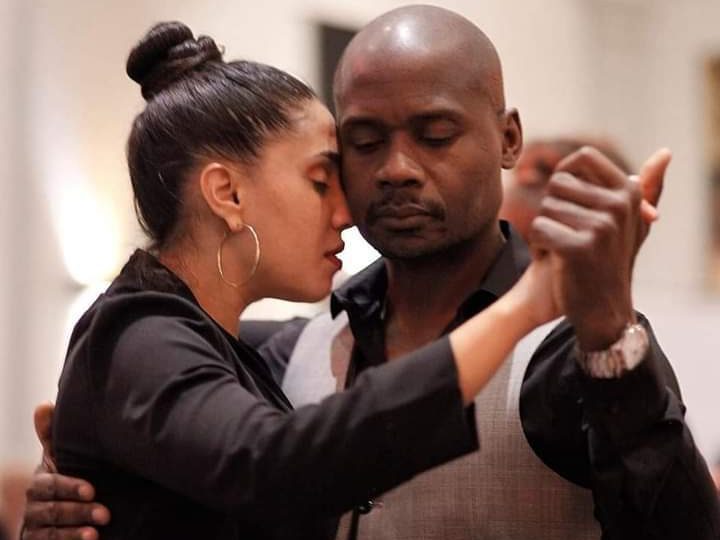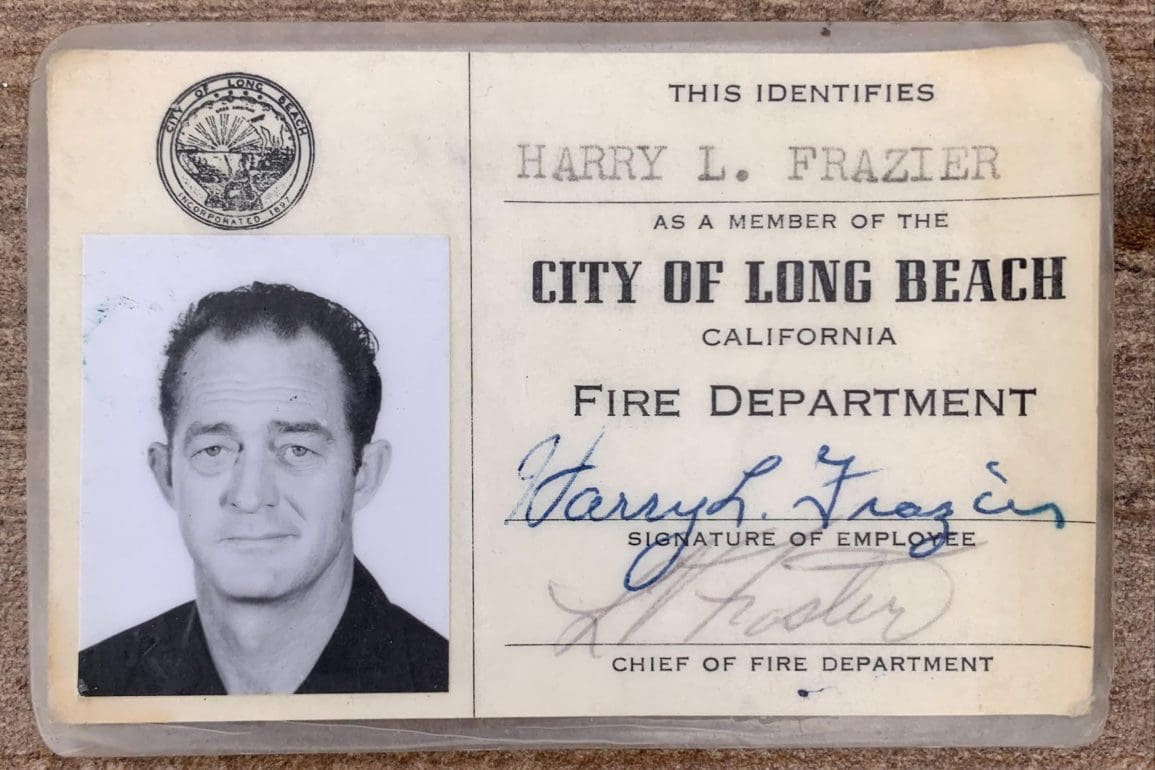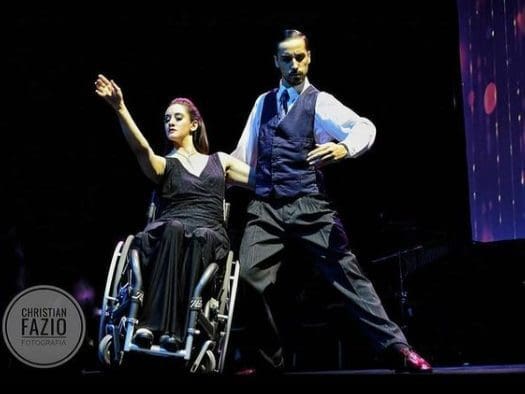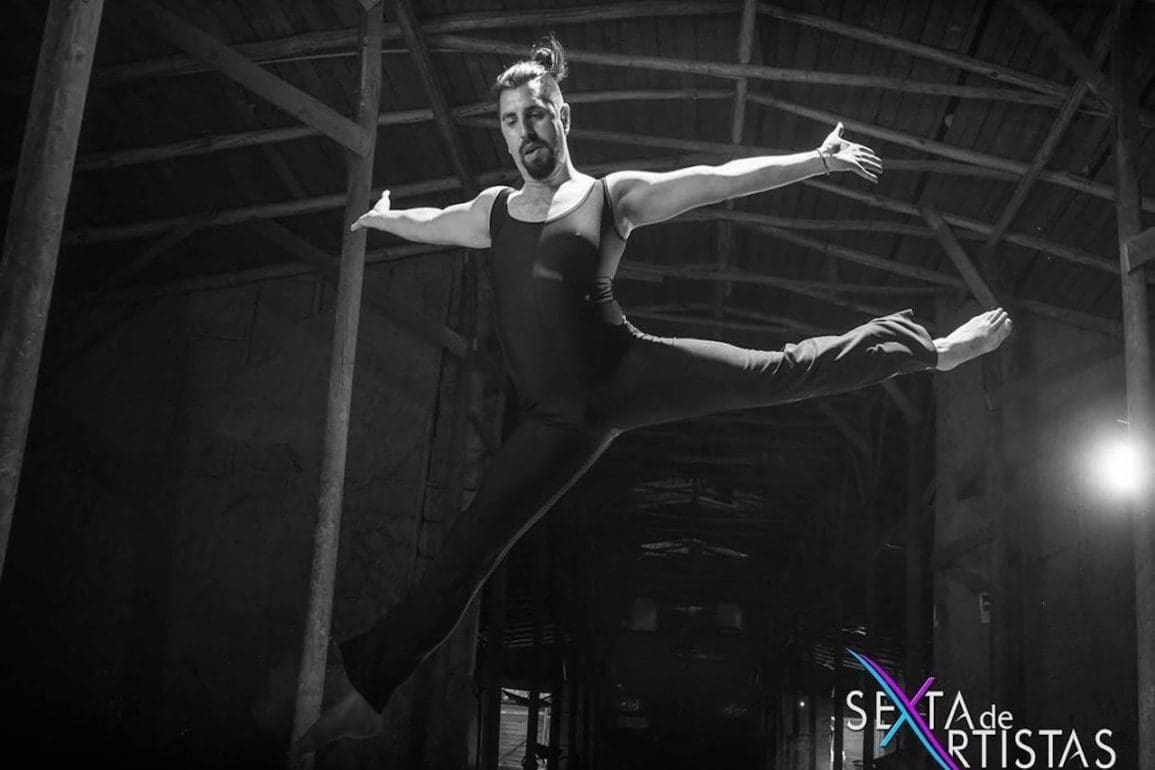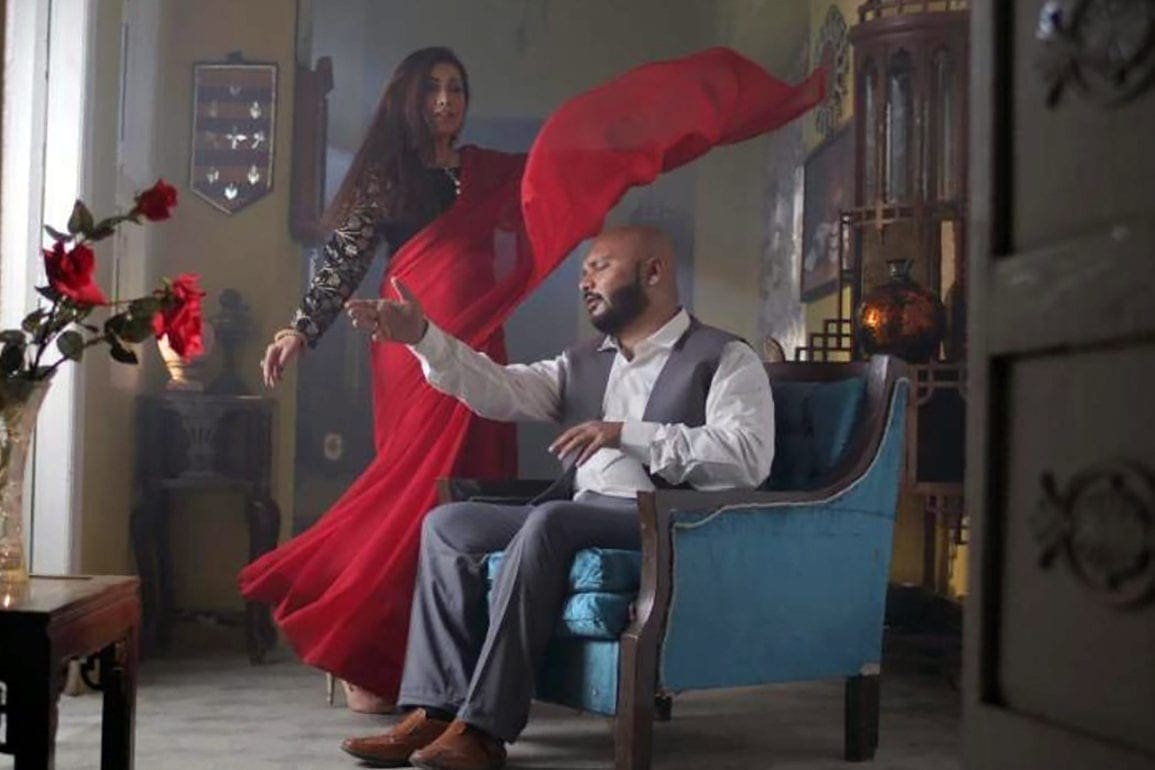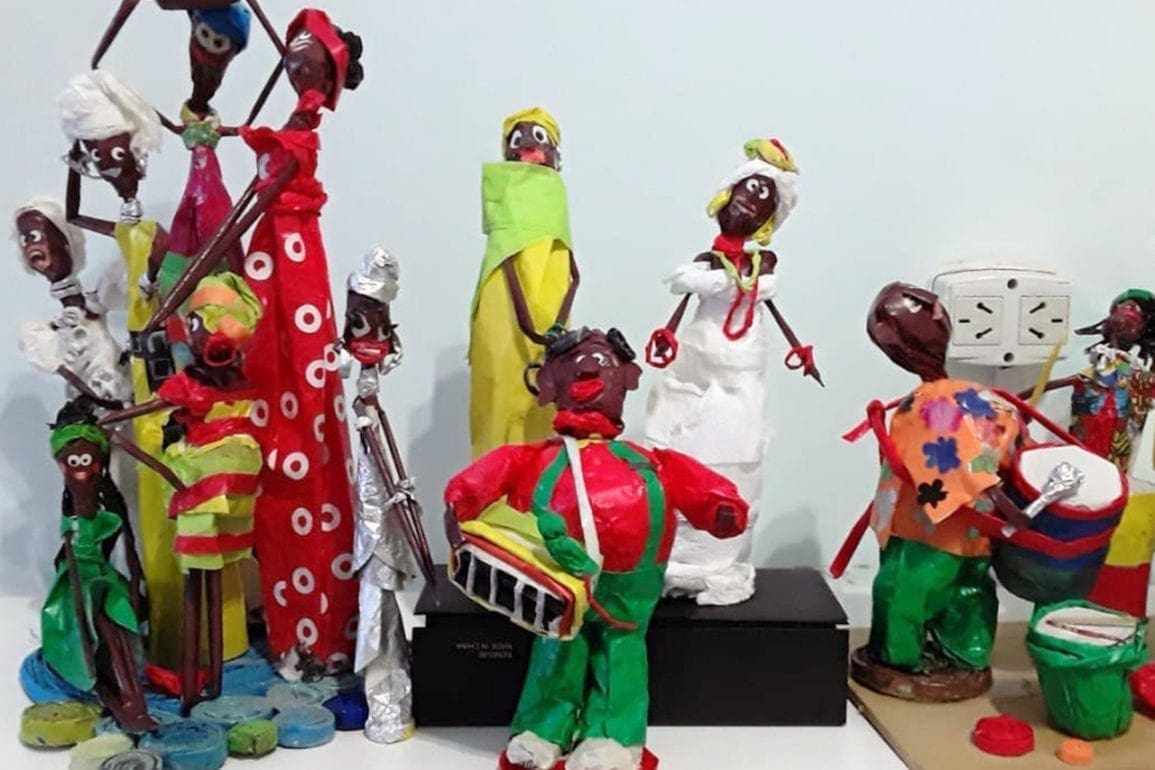After facing chauvinism, Tango singer launches all-women, feminist quintet, attracts new following to her artform
Soon, the Ni Una Menos (Not One Less) movement erupted in Argentina. As women expressed their anger over femicides, I watched a tidal wave of female strength spread across Latin America. My heart soared. I once hesitated to call myself a feminist because of the negative connotations, but the movement transformed me.
- 1 year ago
July 25, 2023

BUENOS AIRES, Argentina — In the vibrant city of Berlin, I discovered my true identity. Away from my homeland and desperate to reconnect with my Argentinian roots, I turned to Tango music. The first time I entered a ballroom, I felt utter surprise by the vibrant and welcoming atmosphere. I wondered, “Why are all these people who don’t speak Spanish dancing to songs in my language?”
It stunned me that I had to cross the globe to connect with something that had been within my reach for so long. I felt at home. From that night forward, the scene of people dancing with fervor all around me captured my spirit and I never turned back.
Read more stories about music from around the globe at Orato World Media.
I learned to dance to the passionate rhythms before venturing into singing songs. Still, the conspicuous absence of female voices in the genre unsettled me. I felt an unyielding obsession bubble up to create spaces where women’s voices could resound – unfettered and powerful.
I found that my identity was missing from traditional tango
As a little girl, I fondly listened to my mother singing the tango songs of Eladia Blásquez throughout the house. She rarely picked up her guitar, but when she did, I knew something magical would unfold before me. With the only four chords she knew, my mother serenaded me for hours.
Every single moment felt unforgettable and shaped my young perspective on music. I began to dream, and I intuitively knew women offered a vast and all-encompassing expression to the world of music and dance. Yet, the music I loved – tango – had few female role models for me to look up to. Those who did often sang of spite and anger.
My first professional entrée into tango arrived when my teacher graciously shared cassette tapes she recorded herself, featuring songs like Frente Al Mar. As I sat and listened, the lyrics did not resonate with me. I couldn’t shake the feeling that they belonged to another era. They failed to speak to my identity. I turned to classical music for a time and it utterly captivated me. It was classical music that led me to Barcelona, and then to Berlin, where I found tango once again.
Once Berlin ignited that fire in me, I delved headfirst into the genre. Song after song, I sought female composers who broke from the traditional narrative. Then I saw it: the micro-aggressions and chauvinistic attitudes permeating the entire tango subculture.
How the feminist movement in Argentina shaped my views of music
Working in the trio OVNI alongside two male musicians, I sought to infuse more songs composed by women. Despite the resistance I encountered, I felt determined to stick to my plan and embarked on a search for fellow female musicians. A deep longing to highlight the brilliant repertoire of extraordinary work by women, I came up with the album Mujeres. My effort to challenge norms soon became militant and assertive.
Seeking to work exclusively with women songwriters, I formed a powerful female quintet. My effort asserted a simple concept: “You cannot put us in a box.” I urged the world to witness the range of emotions and the tapestry of stories women could tell.
Soon, the Ni Una Menos (Not One Less) movement erupted in Argentina. As women expressed their anger over femicides, I watched a tidal wave of female strength spread across Latin America. My heart soared. I once hesitated to call myself a feminist because of the negative connotations, but the movement transformed me. I found myself standing amongst a collective. Together, we embraced the path of resistance and my understanding of feminism evolved. I soon found myself championing women’s rights and contributing my unique voice to a powerful chorus of change. Tango and feminism intertwined easily, shaping my entire perception of the world.
Marginalized by the industry, I felt my blood boil
Even today, the weight of machismo remains palpable within the industry. We still experience sexism. As I readied to perform at a show in Hamburg, the presenters introduced us. They said the “real tango” would follow our opening, implying that our performance was somehow less than.
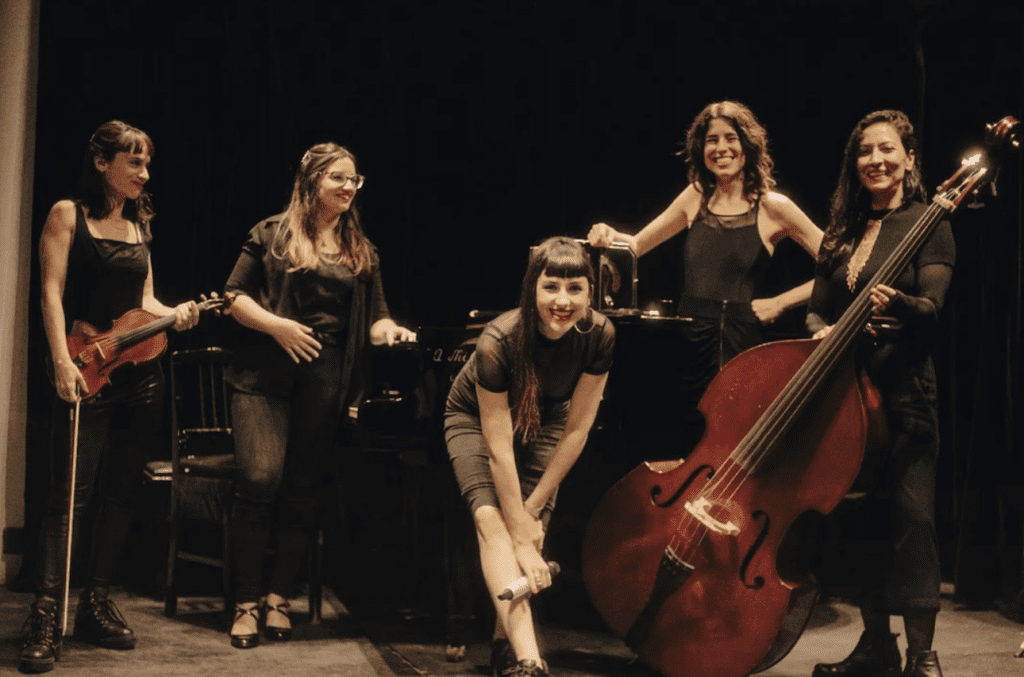
Their remarks made my blood boil. I felt a vehement refusal rise inside of me. I would not be classified or diminished. My quintet rebuffed the notion that we symbolized the ladies’ orchestras of the early 20th Century. In that era, female musicians playing tango remained confined to afternoon shows, forced to wear a specific style of clothing. We strove to be so much more.
I knew some people considered me radical, but I kept my guard up and fiercely defended the space we occupy in the world of tango. As long as society remains entrenched in patriarchal norms and the taboo of women in tango persists, I will resist.
Together with my group, we offer a unique energy. Our approach to the instruments and to everyday life creates a distinct form of communication. The interpretations feel more delicate and less forceful, yet equally captivating.
Today, I connect with the audience through a new kind of tango
Today, I no longer feel like an outsider looking in at this industry. As I shed the old and repetitive repertoire, the music resonates deeply within my identity. As I watch the audience listening to our performance, I see their surprised reactions.
Despite feminist lyrics remaining quite uncommon here, audiences offer us a warm embrace. Their bodies move to the rhythm of the message as the musical composition stirs something inside them. It feels like a breath of fresh air, rejuvenating the space all around us.
On stage, I come alive, moving and dancing. I fully immerse myself into each and every song. The performance reconnects me to the little girl in Argentina who returned home from school, played music, and danced in her room for hours.
The immense energy I feel onstage channels through every pore of my being. I surrender to the music and let it guide me. As I sing the powerful songs composed by women, and as I play alongside my bandmates, I hold onto my vision. This music we create will spread and reach larger stages. My dream lives on – to captivate the youth and change their lives, the way tango changed mine.
